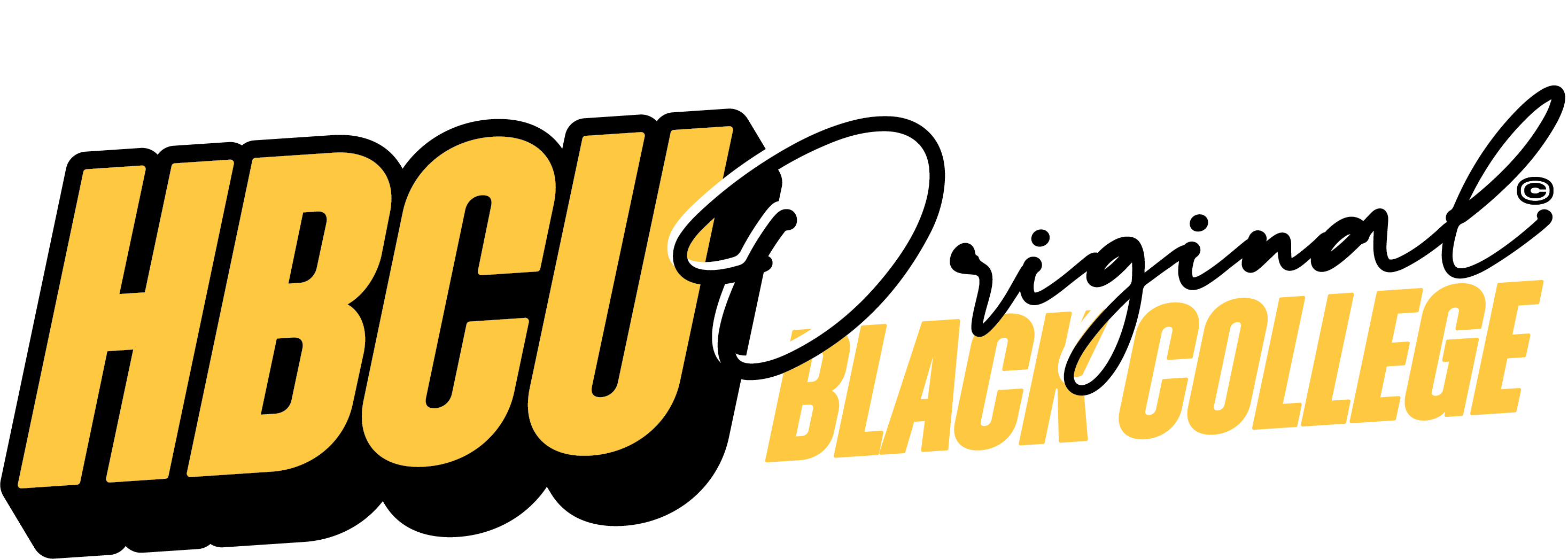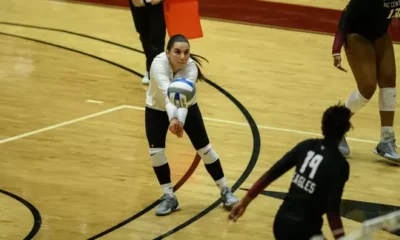HBCU ORIGINAL
Delaware State Football loses in season opener to Hawaii
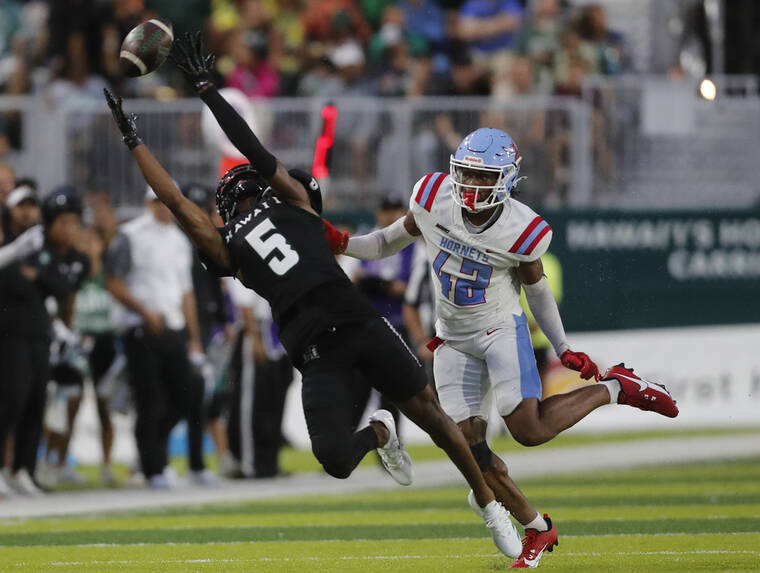
Despite entering the game as a heavy underdog against Hawaii, Delaware State put up a valiant effort in their season opener, ultimately falling 35-14 in a hard-fought battle at Ching Complex in front of 10,279 fans.
The Hornets showed resilience in windy conditions that worsened in the third quarter. Hawaii’s run-and-shoot offense struggled to find its rhythm, and Delaware State capitalized, holding the Warriors scoreless in the second quarter. The game was tied at 14-all early in the second half, after an impressive drive by the Hornets capped off with a 6-yard touchdown run by Jaden Sutton, following a 42-yard reception by Ryan Lee that took advantage of a busted coverage.
Delaware State’s defense kept Hawaii in check for much of the game, allowing the Hornets to stay within striking distance. Quarterback Marqui Adams led the charge, completing 17 of 28 passes for 156 yards and rushing for 44 yards and a touchdown. His 10-yard touchdown run in the second quarter brought the Hornets within reach, showcasing his ability to make plays under pressure.
The Hornets’ offensive spark late in the first half, highlighted by Adams’ elusive 10-yard run into the end zone, accounted for the majority of their 122 total yards in the first half. Despite a strong effort, Delaware State couldn’t find the end zone again after tying the game early in the second half.
Hawaii managed to pull away with two second-half touchdowns, but not without being tested by a determined Delaware State squad. The Warriors were forced to dig deep, with quarterback Brayden Schager’s two rushing touchdowns and two passing scores ultimately sealing the game. Schager’s 15-yard QB keeper midway through the third quarter broke the 14-all tie, and a 29-yard touchdown pass early in the fourth extended Hawaii’s lead.
Pofele Ashlock led Hawaii’s receivers with five catches for 81 yards, but the Hornets’ defense kept the game within reach until late in the fourth quarter. Delaware State’s effort against a heavily favored Hawaii team provided plenty of reasons for optimism as the season progresses. 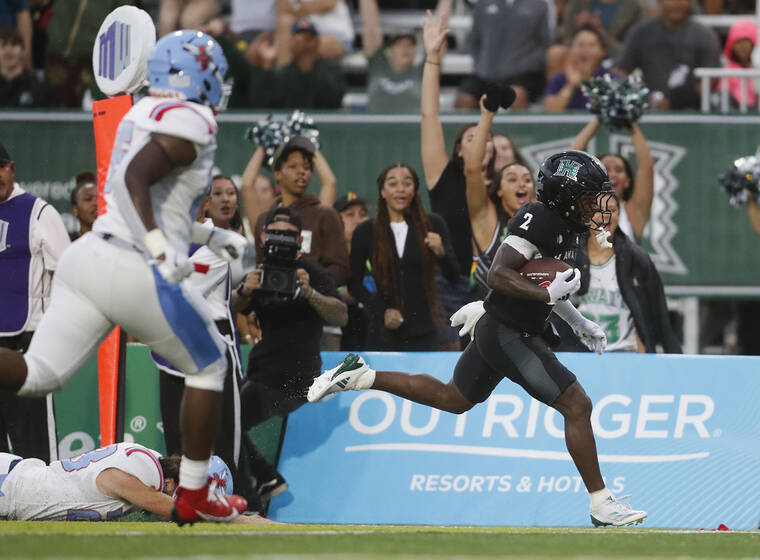
HBCU ORIGINAL
🦁🐺 HBCU Original — Lincoln & Cheyney Deliver Big Performances at Widener Schuylkill Showdown

Philadelphia, PA — The Widener Schuylkill Showdown (Jan. 31–Feb. 1, 2026) at the Jane & David Ott Center served as a proving ground for regional indoor track & field talent, and HBCU programs Lincoln University (PA) and Cheyney University (PA) rose to the challenge with standout performances across sprints, hurdles, relays, jumps, middle distance, and throws.
🔥 Lincoln University (PA) Puts HBCU Track on Notice
Lincoln University delivered one of the most complete HBCU performances of the meet, highlighted by elite sprinting, record-setting marks, and relay dominance.
🥇 Men’s 4×400 Meter Relay — MEET HIGHLIGHT
Lincoln’s “A” relay squad (Nasir Scott, Devin James, Sahfi Reed, Carlo Johnson) captured 1st place in 3:14.87, earning:
-
Meet win
-
New HBCU #11
-
New NCAA DII #19
The Lions also showed depth with a “B” relay clocking 3:27.23, while a third squad was entered.
⚡ Sprint Power: Men’s 200m
Lincoln sprinters dominated the 200 meters with nationally ranked HBCU marks:
-
Devin James (FR) — 21.78 (New HBCU #52, New DII #75, Season Best)
-
Sahfi Reed (SO) — 21.85 (New HBCU #60, New DII #94)
-
Carlo Johnson (FR) — 21.87 (PR, New HBCU #64, New DII #98)
This trio solidified Lincoln as one of the fastest HBCU sprint groups indoors.
🏃♂️ 400m Strength
-
Nasir Scott (SR) — 50.49 (Season Best)
-
Lamine Kane (SO) — 51.04
-
Malachi Williams (SO) — 52.42
🚧 Hurdles & Jumps
Men’s 60m Hurdles
-
Terry McNeil (SR) — 8.44
-
Adam Green (JR) — 8.67
-
Sayeed Buie (FR) — 8.95
-
Jayden Jones (FR) — 9.81
Men’s High Jump
-
Adam Green (JR) — 1.83m (6-00.00)
Men’s Long Jump
-
Tehuti Cononver (SO) — 6.67m (21-10.75) (New HBCU #69)
-
Adam Green (JR) — 6.50m (21-04.00)
🏃♀️ Women’s Track Highlights
Women’s 60m
-
Darriel Whiting (FR) — 7.90
-
Shanna Todman (SO) — 8.52
Women’s 400m
-
Dayshana Kellogg (FR) — 59.25
-
Kenya Williams (SO) — 1:02.74 (PR)
-
Daleeah Alexander (FR) — 1:03.96
-
Paris Talley (JR) — 1:04.35
Women’s 800m
-
Aniya Whitfield (JR) — 2:31.78
-
Eternity Bellamy (SO) — 2:49.25
🏃♀️ Distance & Triple Jump Excellence
Men’s Mile
-
Thomas Jones (SO) — 4:34.92 (PR, New HBCU #41)
Women’s Mile
-
Madison Morgan (SO) — 6:01.69 (New HBCU #70)
-
Miranda McLean (JR) — 6:11.36 (New HBCU #80)
-
Isabella Wright (SO) — *6:29.02 (PR, New HBCU #88)
Women’s Triple Jump
-
Gabrielle Lanier (SO) — 11.27m (36-11.75)
2nd place | New HBCU #43 | New DII #80 | Season Best
🔁 Women’s 4×400 Relays
-
Lincoln “A” — 4:04.26 (New HBCU #28, New DII #86)
(Whiting, Whitfield, K. Williams, Kellogg) -
Lincoln “B” — 4:13.86
🐺 Cheyney University (PA) Shows Growth & Freshman Impact
Cheyney University competed across sprints, middle distance, jumps, and throws, with freshmen playing key roles.
⭐ Top Highlight
Women’s Long Jump
-
Opeyemi Ojo (FR) — 5th place, 5.10m (16-08.75)
Personal Record
Ojo also doubled on the track:
-
Women’s 60m — 8.57
🏃♂️ Men’s 800m
-
Yasir Logan (FR) — 2:12.16
🏋️ Throws
Men’s Shot Put
-
Benjamin Bell (JR) — 8.50m (27-10.75)
Women’s Shot Put
-
Kimberly Arias (FR) — 9.46m
-
MyAngel Salisbury (FR) — 9.32m
-
Demetria Williams (FR) — 6.24m
Cheyney’s participation across multiple disciplines reflects a program building depth and competitive confidence.
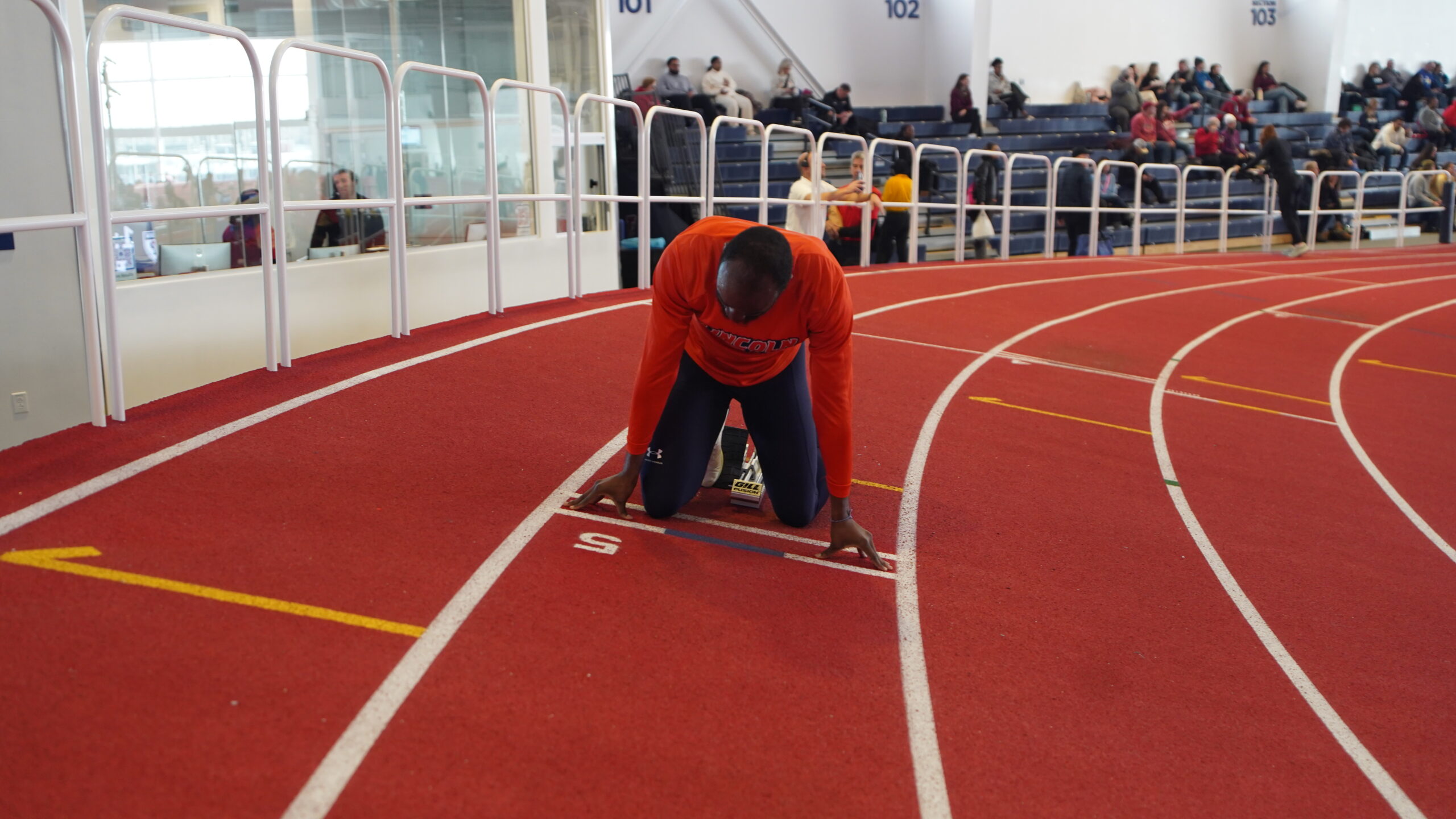


HBCU ORIGINAL
Tuskegee Coach Benjy Taylor Escorted Off Court in Handcuffs After Postgame Incident

Tuskegee Coach Benjy Taylor Escorted Off Court in Handcuffs After Postgame Incident
Credit: HBCU Gameday
Tuskegee University men’s basketball coach Benjy Taylor was escorted off the court in handcuffs following a postgame incident Saturday at Morehouse College’s Forbes Arena.
Video shared by HBCU Gameday shows Taylor speaking with a security officer as Tuskegee and Morehouse players exchanged handshakes after the game. Moments later, the officer placed Taylor in handcuffs and led him off the court and into a nearby hallway.
According to statements from Taylor and Tuskegee athletic director Reginald Ruffin, the incident stemmed from Taylor asking security to remove several Morehouse football players from the handshake line. Taylor said the players were “yelling obscenities,” while Ruffin described the situation as a “security breach.”
“I am at a loss for words, and I am upset about how I was violated and treated today,” Taylor said in a statement released Saturday. “For my players, my family and people of Tuskegee to witness that is heartbreaking for me.
“I was simply trying to get the football team out of the handshake line as they were following right behind me and the team yelling obscenities. It was a very dangerous situation.”
Ruffin told HBCU Gameday that the security officer involved provided a different account, claiming Taylor was “very aggressive.” Ruffin said he disagreed with that assessment, citing conference-mandated security protocols and stating that Taylor’s actions were reasonable.
“He asked the security officer, ‘Can you please remove them from the line?’ That’s what he asked,” Ruffin said.
Civil rights attorney Harry Daniels announced Sunday that Taylor has retained him to explore a potential lawsuit. In a statement, Daniels said the Morehouse football players were “acting aggressively” toward Tuskegee players and their families and that their presence on the court violated conference security policies.
“When Coach Taylor asked officers to enforce those protocols and defuse an increasingly dangerous situation, one of the officers instead chose to place him in handcuffs and escort him from the court,” Daniels said.
As of Monday, it was unclear which law enforcement agency the security officer represents. Taylor has not been charged with a crime, according to Daniels’ office. Tuskegee University confirmed that Taylor traveled back with the team following the game.
Taylor, who is in his sixth season as head coach, declined further comment Sunday, telling USA Today, “I am devastated and will have no more comments at this time.”
Tuskegee fell to 15–5 on the season following its 77–69 loss to Morehouse.
“It would be bad for a police officer to treat anyone this way,” Daniels said. “But to do it to a highly respected coach and role model—handcuffing and humiliating him in front of his players, family and fans—is absolutely unacceptable.”
HBCU ORIGINAL
Delaware State Shows Fight in Road Matchup vs Saint Joseph’s
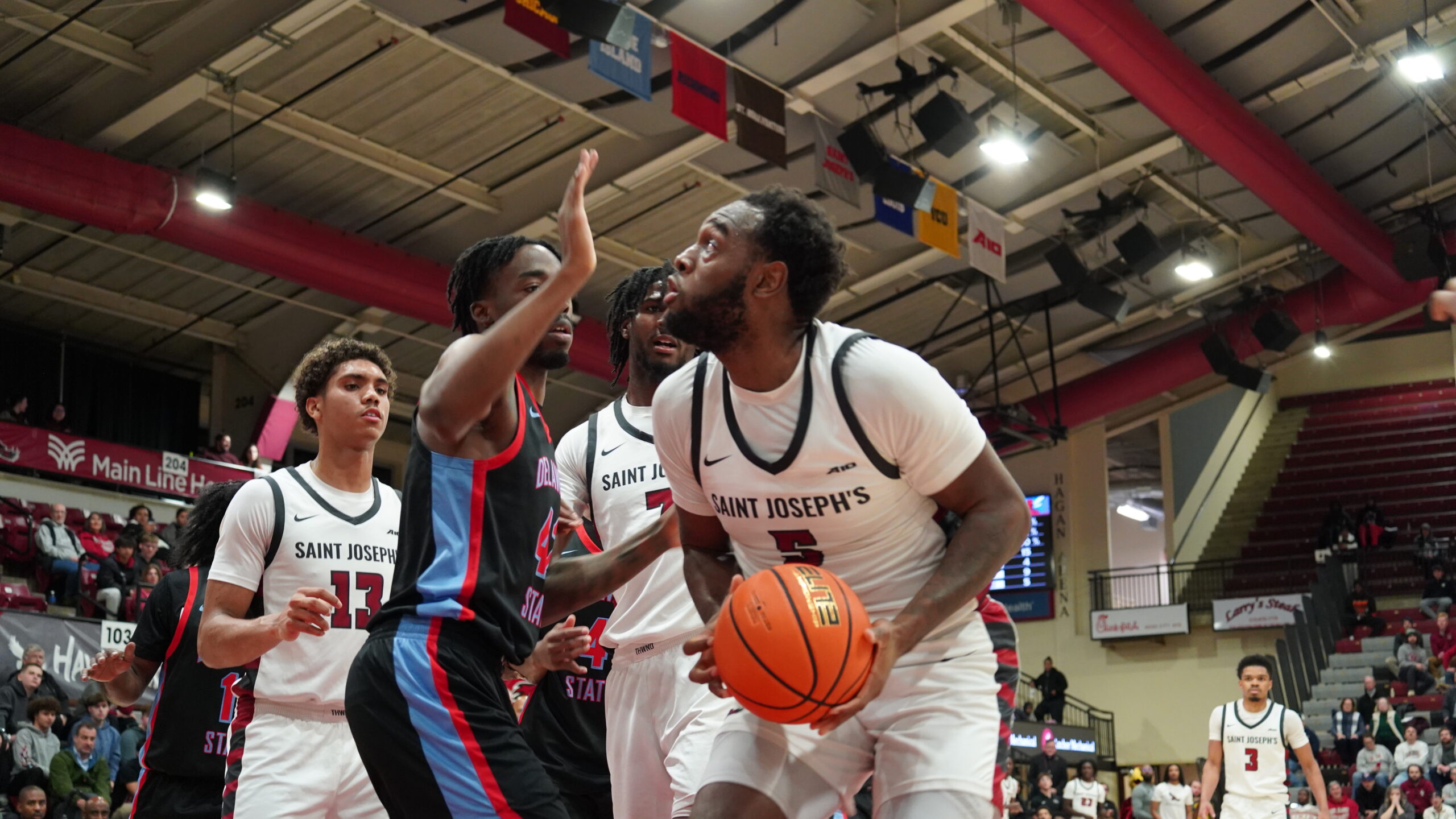
PHILADELPHIA — The Delaware State Hornets continued their non-conference slate Thursday night, facing a determined Saint Joseph’s squad in a 67–51 contest that showcased resilience, youth development, and flashes of defensive intensity from the Hornets.
After a slow shooting start, Delaware State settled in and found its rhythm midway through the first half, cutting the deficit to just three points at 15–12 following a strong response on both ends of the floor. The Hornets battled through early pressure, showing poise and defensive commitment against a hot-shooting Hawks lineup.
Saint Joseph’s took advantage of perimeter shooting early, building momentum heading into halftime, but Delaware State refused to fold. The Hornets continued to compete after the break, answering runs and playing with energy as the game progressed.
Delaware State showed improved ball movement and defensive presence in the second half, working to close the gap after Saint Joseph’s extended its lead. Despite the final margin, the Hornets’ late push reflected their persistence and growth, particularly against a short-handed but aggressive opponent.
As the season continues, Delaware State remains focused on building chemistry, tightening execution, and turning these competitive moments into wins as conference play approaches.
Final Score: Saint Joseph’s 67, Delaware State 51
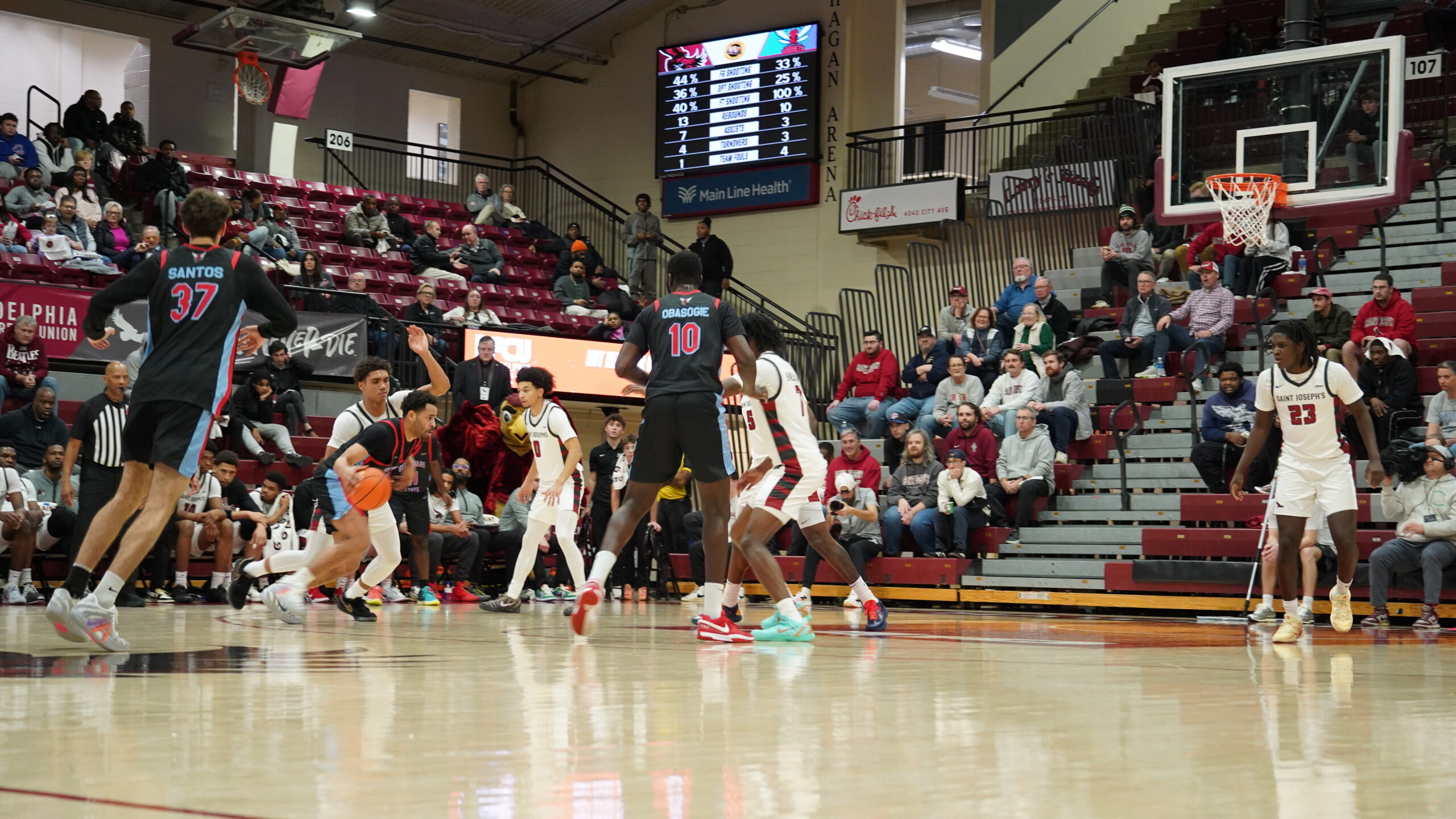
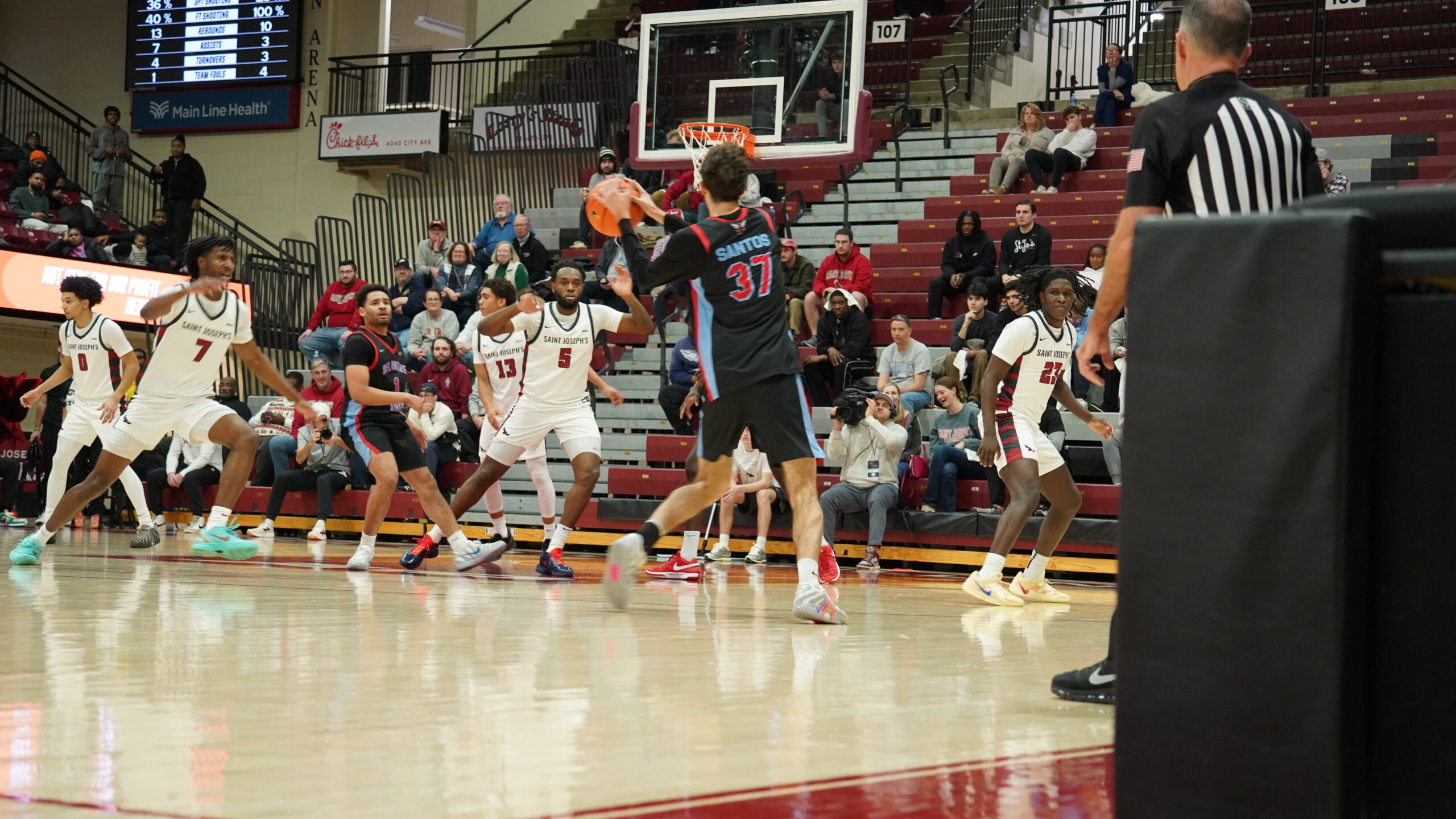
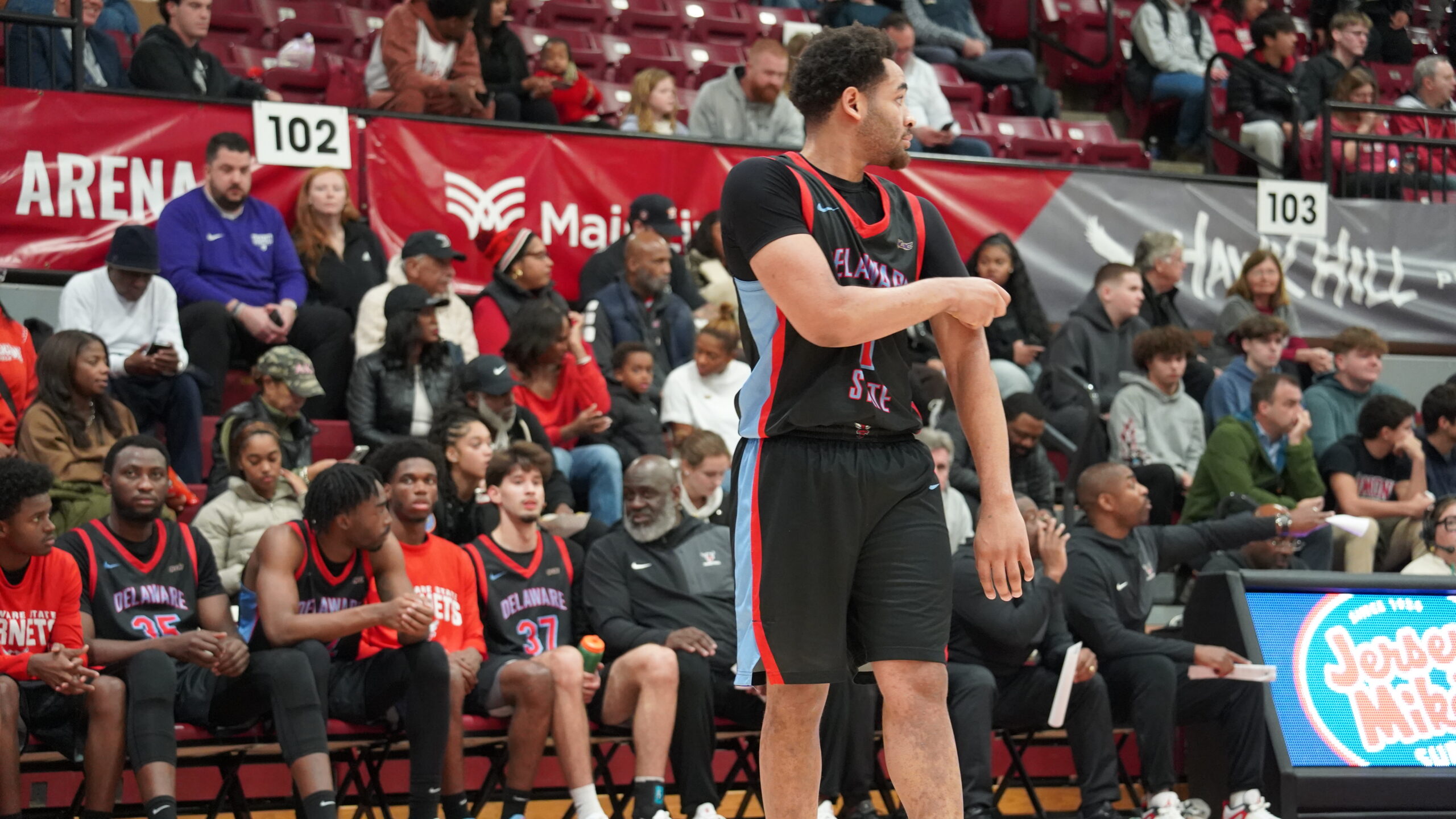
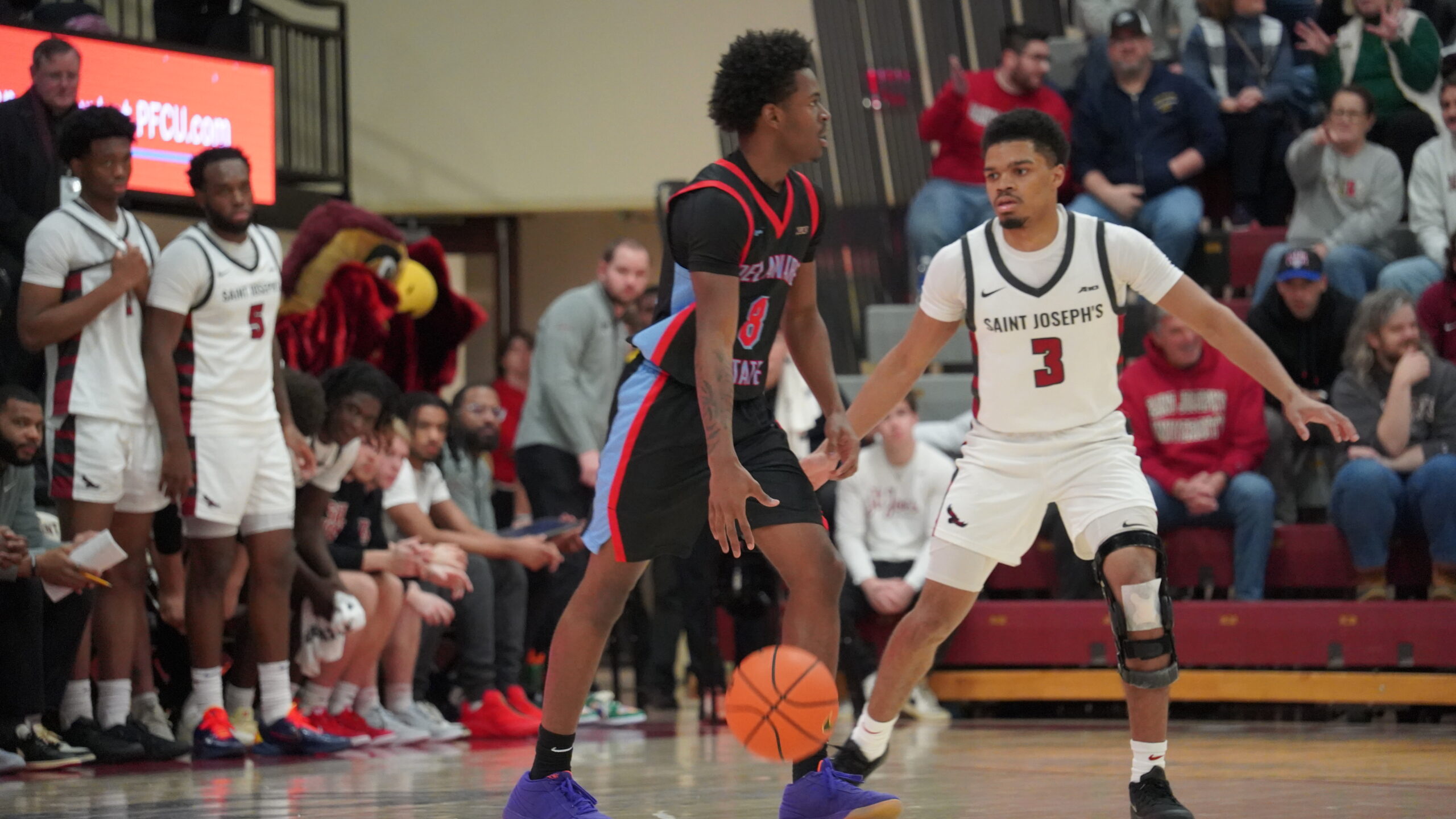
HBCU ORIGINAL
Okojie’s Double-Double Lifts Howard Past Drexel in Philadelphia
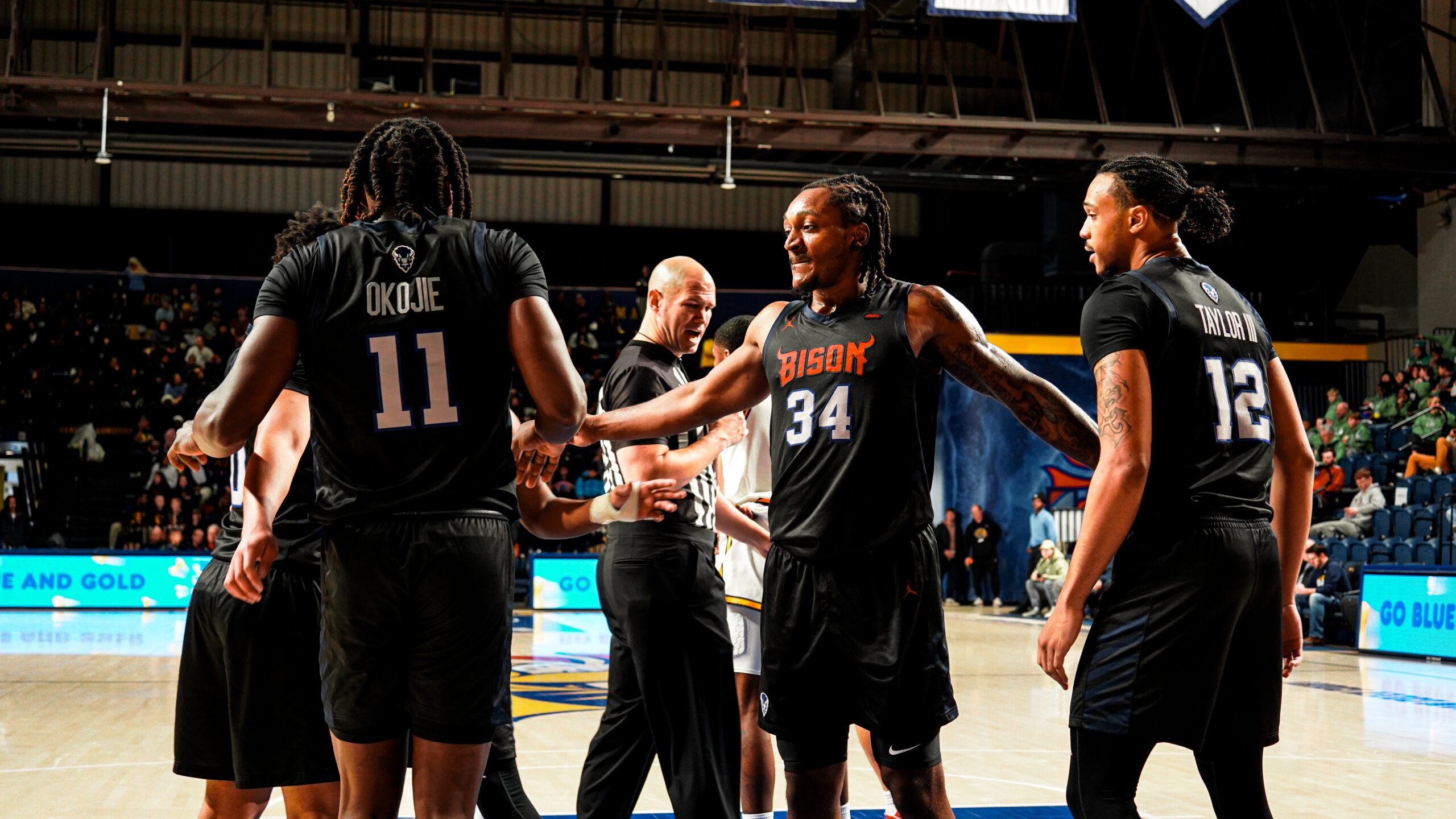
PHILADELPHIA — Ose Okojie delivered a composed, physical performance on both ends, finishing with 17 points and 10 rebounds as Howard held off Drexel, 74-66, on Tuesday night.
The victory marked Howard’s fourth straight win and its first true road victory of the season after three previous attempts. The Bison (8-5) controlled the game early and leaned on efficiency and free-throw shooting down the stretch to seal the win inside Drexel’s home arena.
Howard shot nearly 48 percent from the field and an impressive 92 percent at the free-throw line, knocking down 23 of 25 attempts. Cam Gillus filled the stat sheet with 16 points, nine rebounds, and six assists, while Bryce Harris scored 13 points, including seven free throws. Cedric Taylor III added 12 points, punctuating the Bison’s late-game composure with a key layup in the final two minutes.
The Bison seized control early, building a 36-25 halftime lead behind Okojie’s 11 first-half points and Gillus’ perimeter shooting. A Gillus three midway through the opening half gave Howard a lead it would not relinquish after the first two minutes of play, with the margin ballooning to as many as 16 points.

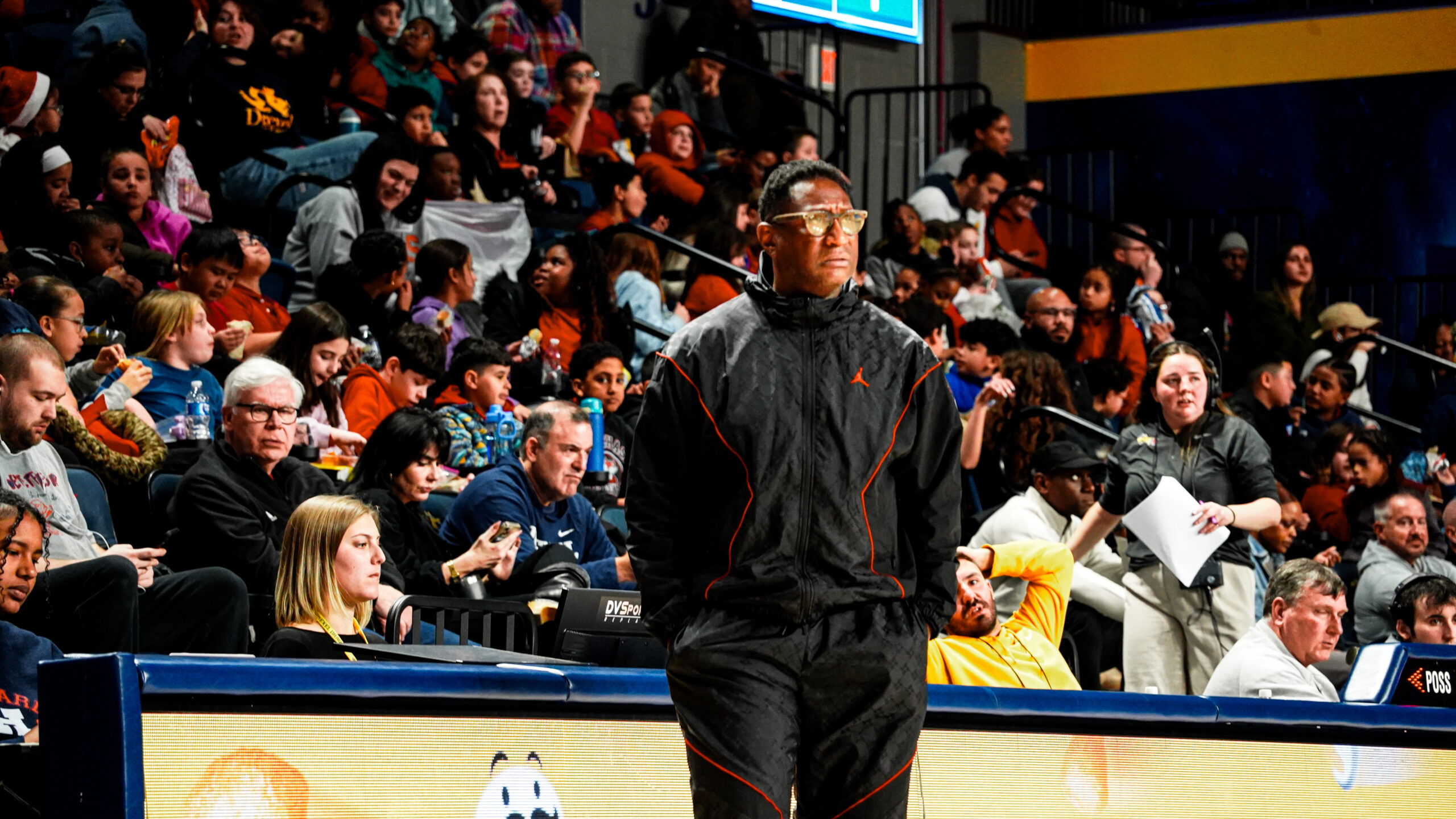
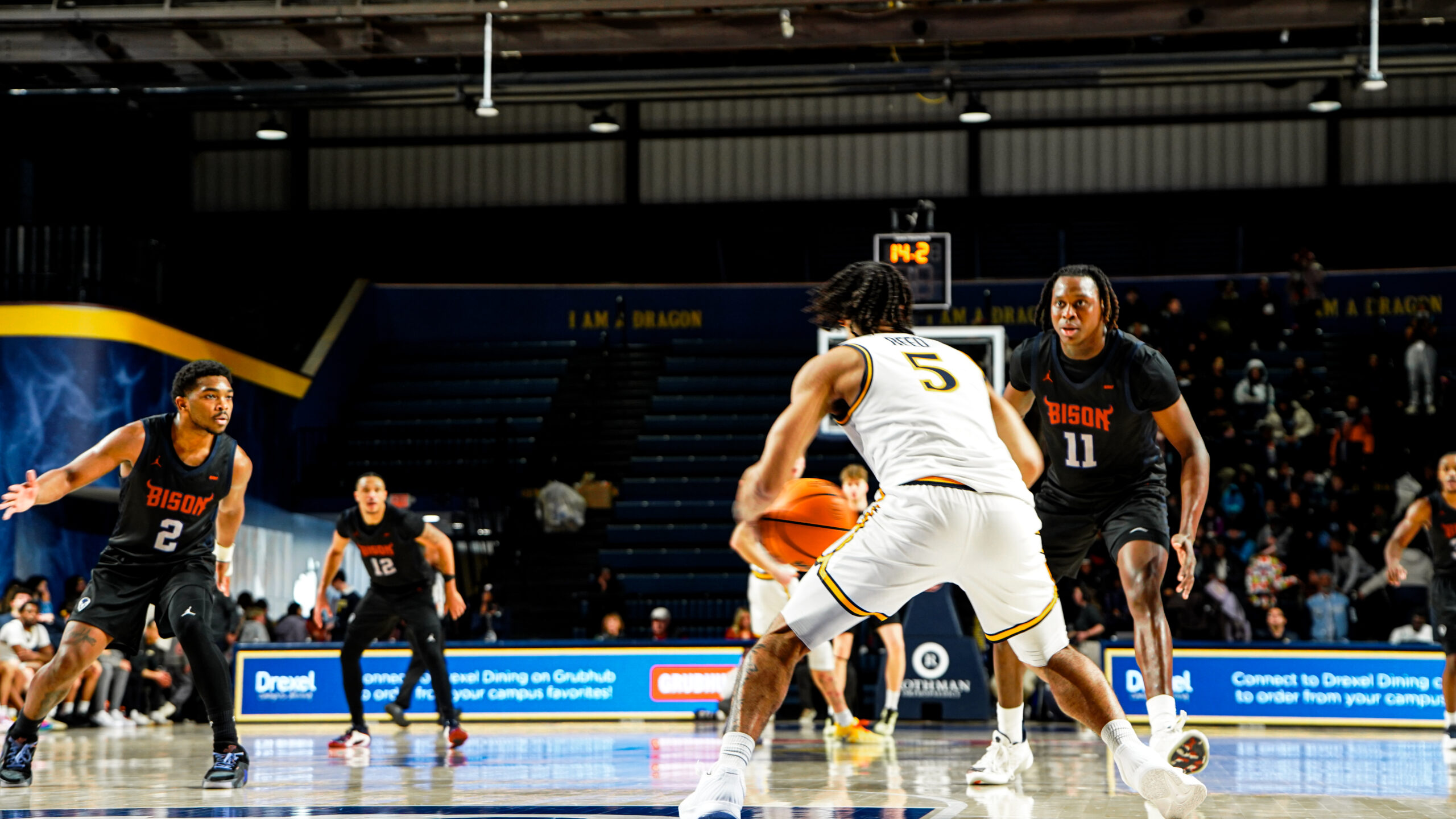
Drexel (4-7) made multiple pushes in the second half behind a career night from Kevon Vanderhorst. The guard poured in 30 points on 8-of-11 shooting, including four three-pointers, and went 10-for-11 from the free-throw line. Villiam Garcia Adsten chipped in 11 points, six rebounds, and four assists for the Dragons.
Despite Drexel cutting the deficit to single digits late, Howard’s rebounding advantage (36-22) and poise at the line proved decisive. Okojie secured the defensive rebound on Drexel’s final missed free throw with eight seconds remaining, effectively closing the door.
Howard never trailed after taking a 7-5 lead early in the first half, continuing to show growth away from home as it builds momentum heading deeper into the season.
HBCU ORIGINAL
South Carolina State storms back from 28 down, wins 10th-anniversary Cricket Celebration Bowl in four-overtime thriller, 40–38

HBCU Original | On the Ground – Atlanta
ATLANTA — Ten years into the Cricket Celebration Bowl, HBCU football delivered a moment built for history.
South Carolina State erased a stunning 28-0 deficit, survived a late Prairie View A&M haymaker, and outlasted the Panthers through four overtimes to claim a 40–38 victory in the 10th-anniversary Celebration Bowl at Mercedes-Benz Stadium.
For nearly three quarters, Prairie View looked ready to turn the championship stage into a statement. Quarterback Cameron Peters was in full command early, spreading the ball and using his legs to keep the Bulldogs off balance. His opening-quarter touchdown pass to Ethan John set the tone, and by halftime Prairie View had built a commanding 21-0 lead.
The Panthers pushed it to 28-0 early in the third quarter when Peters found Andre Dennis, and the Celebration Bowl crowd braced for a runaway.
Then everything changed.
South Carolina State flipped the game with urgency and belief, leaning heavily on quarterback Ryan Stubblefield, who refused to let the Bulldogs fade. Stubblefield cracked the scoreboard with a short touchdown run, then sparked a rapid surge that included a Jordan Smith rushing score and a Stubblefield-to-Smith touchdown through the air. What once felt insurmountable suddenly became a one-score game.
Early in the fourth quarter, Stubblefield powered in from a yard out, completing the comeback and tying the game at 28–28.
Prairie View still had one more punch. Peters delivered a 78-yard strike to Cameron Bonner to retake the lead, igniting the Panthers’ sideline and threatening to slam the door shut. But Stubblefield answered yet again, engineering a late drive and finding Jordan Smith for the tying touchdown with under two minutes remaining.
Overtime followed — and so did drama.
The teams exchanged field goals in the first extra period. The second overtime passed scoreless. Under the two-point shootout format in the third overtime, both teams came up empty. In the fourth, South Carolina State finally broke through when Tyler Smith converted the Bulldogs’ attempt. Prairie View’s final answer fell short.
The comeback was complete.
South Carolina State had just authored the largest comeback in Celebration Bowl history.
Scoring Summary
1Q (1:02) — PV: Cameron Peters 16-yard TD pass to Ethan John (PV 7-0)
2Q (10:30) — PV: Peters 27-yard TD run (PV 14-0)
2Q (1:05) — PV: Peters 14-yard TD pass to Jyzaiah Rockwell (PV 21-0)
3Q (12:41) — PV: Peters 13-yard TD pass to Andre Dennis (PV 28-0)
3Q (11:19) — SCS: Ryan Stubblefield 5-yard TD run (PV 28-7)
3Q (8:34) — SCS: Jordan Smith 10-yard TD run (PV 28-14)
3Q (5:05) — SCS: Stubblefield 19-yard TD pass to Jordan Smith (PV 28-21)
4Q (10:44) — SCS: Stubblefield 1-yard TD run (28-28)
4Q (9:53) — PV: Peters 78-yard TD pass to Cameron Bonner (PV 35-28)
4Q (1:54) — SCS: Stubblefield 10-yard TD pass to Jordan Smith (35-35)
OT1: Prairie View FG; South Carolina State FG (38-38)
OT2: No scoring
OT3: Two-point tries — both teams fail
OT4: SCS converts (Tyler Smith); PV fails — Final: SCS 40, PV 38
Team Stats
-
Total Yards: PV 491 | SCS 357
-
Passing: PV 436 | SCS 279
-
Rushing: PV 55 | SCS 78
-
Time of Possession: PV 25:45 | SCS 34:15
-
Turnovers: PV 2 | SCS 1
Game Leaders
South Carolina State
-
Ryan Stubblefield: 15-29, 234 yards, 2 TD, 1 INT; 11 rushes, 11 yards, 3 TD
-
Jordan Smith: 9 catches, 152 yards, 2 TD; 1 rushing TD
-
Brenyen Scott: 9 tackles (Defensive MVP)
Prairie View A&M
-
Cameron Peters: 24-36, 412 yards, 4 TD; 35 rushing yards, TD
-
Andre Dennis: 7 catches, 131 yards, TD
-
Sterling Roberts: 11 tackles, 2.5 sacks
Records Broken
-
Largest comeback in Celebration Bowl history (28 points)
-
Most passing yards (team): Prairie View A&M (436)
-
Most passing yards (player): Cameron Peters (412)
-
Most receptions: Jordan Smith (9)
-
Most receiving yards: Jordan Smith (152)
-
Attendance: 26,703
Final Word
The four-overtime epic surpassed the two-overtime thriller of 2022, once again raising the bar for the Celebration Bowl stage.
Prairie View A&M lit up the night with record-setting offense. But South Carolina State delivered the lasting image — resilience, belief, and a quarterback who simply refused to let his team fade.
Ten years in, the Cricket Celebration Bowl didn’t just celebrate HBCU football.
It etched another unforgettable chapter in its history.

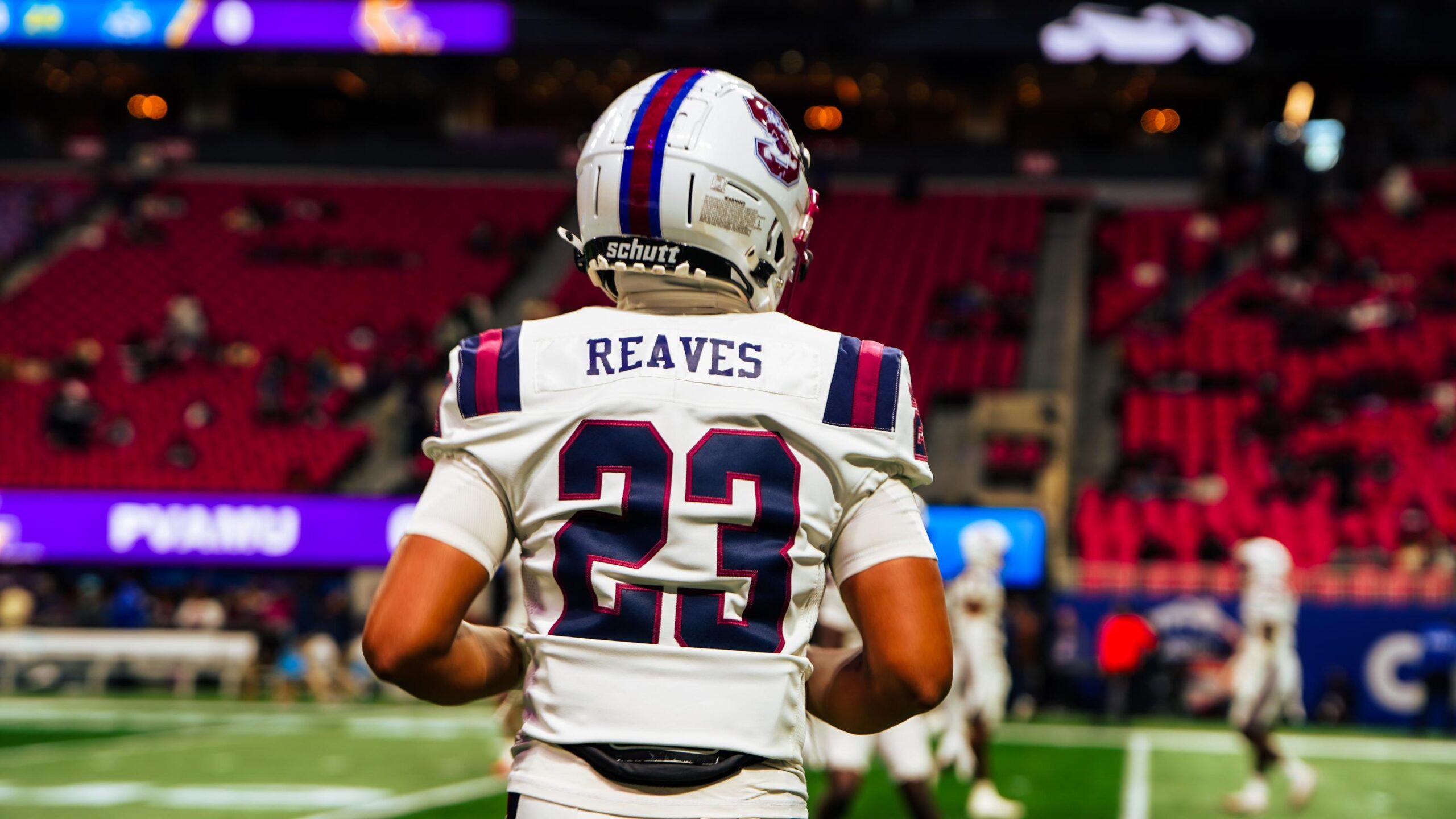

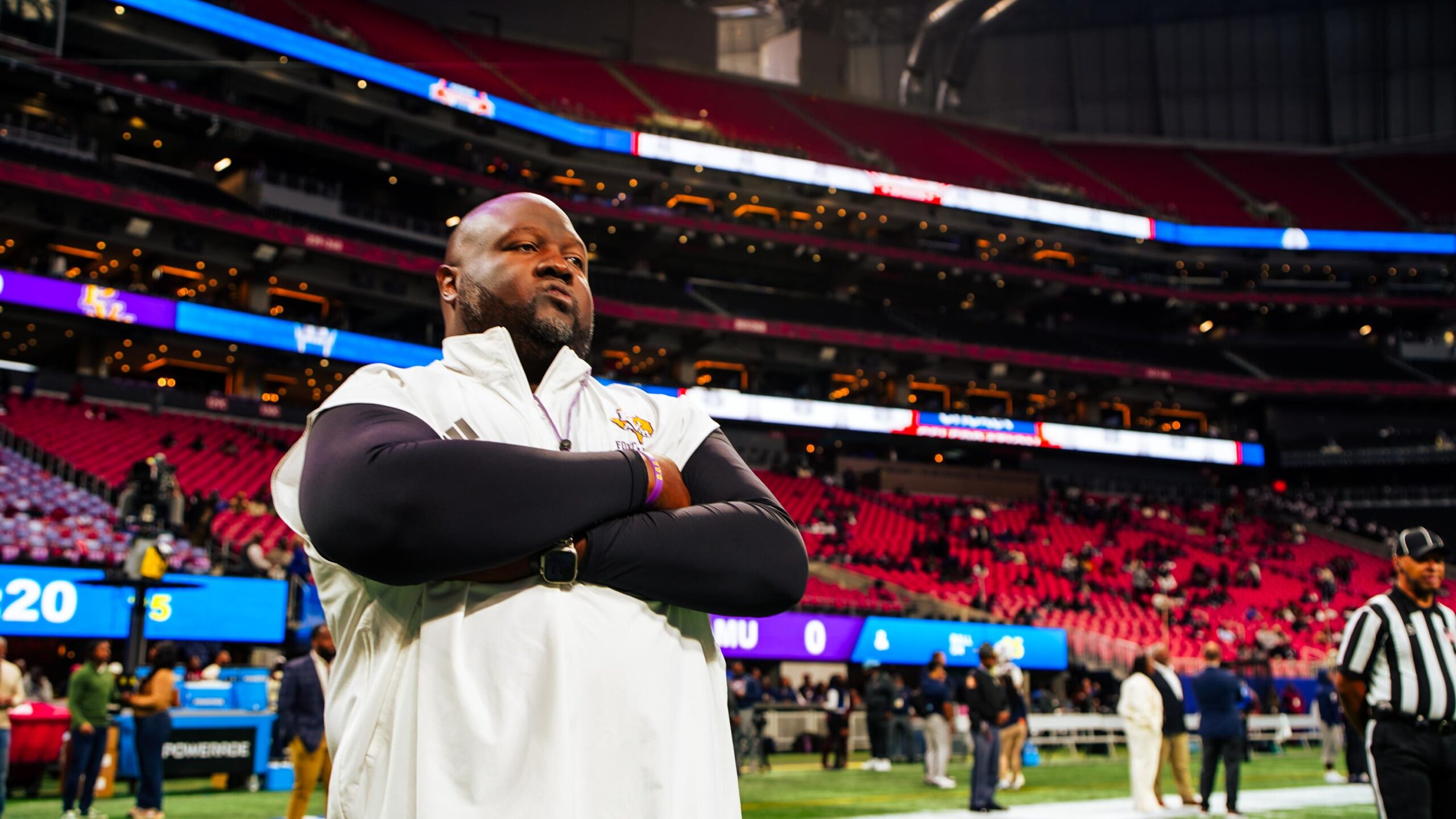
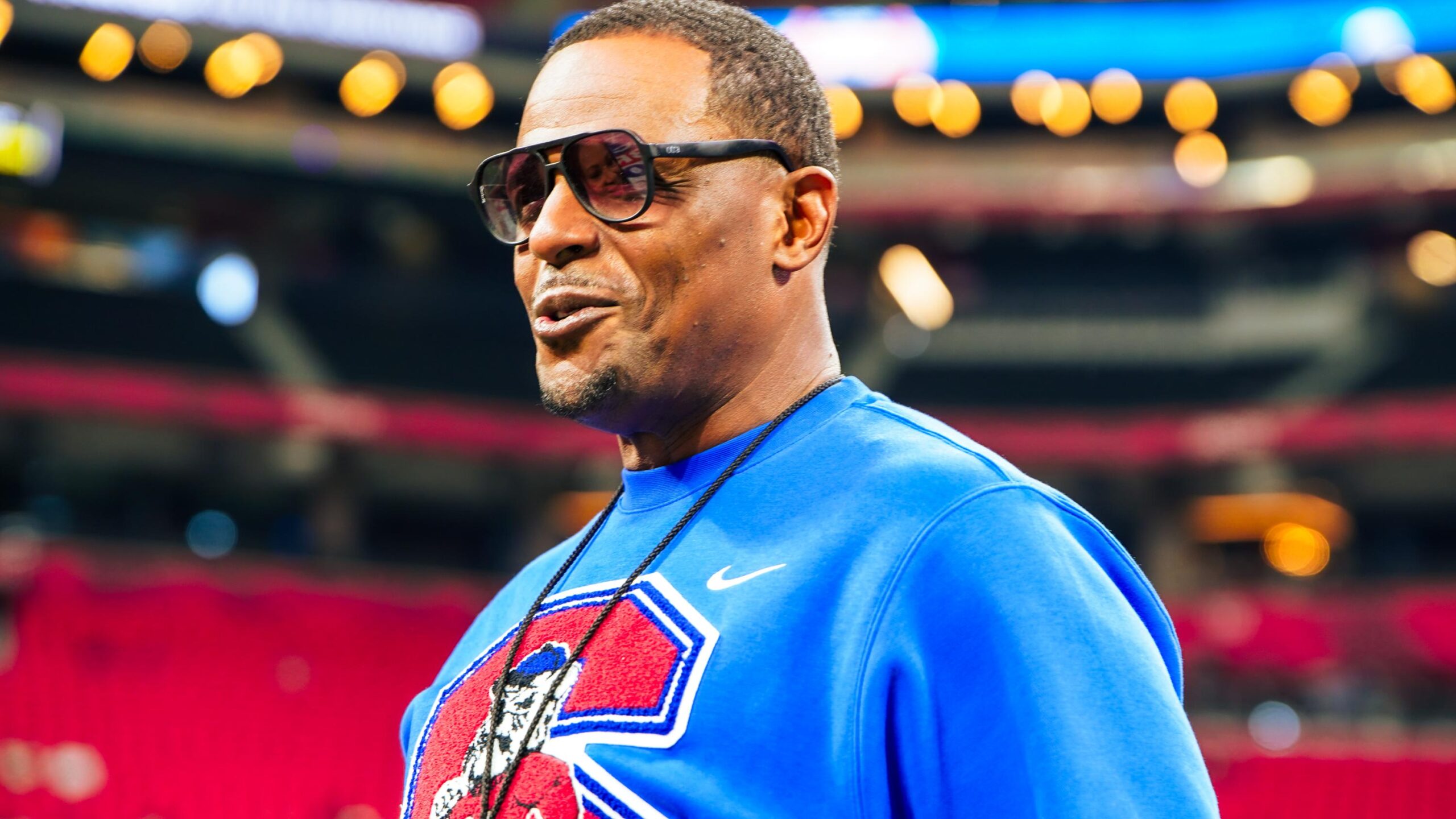
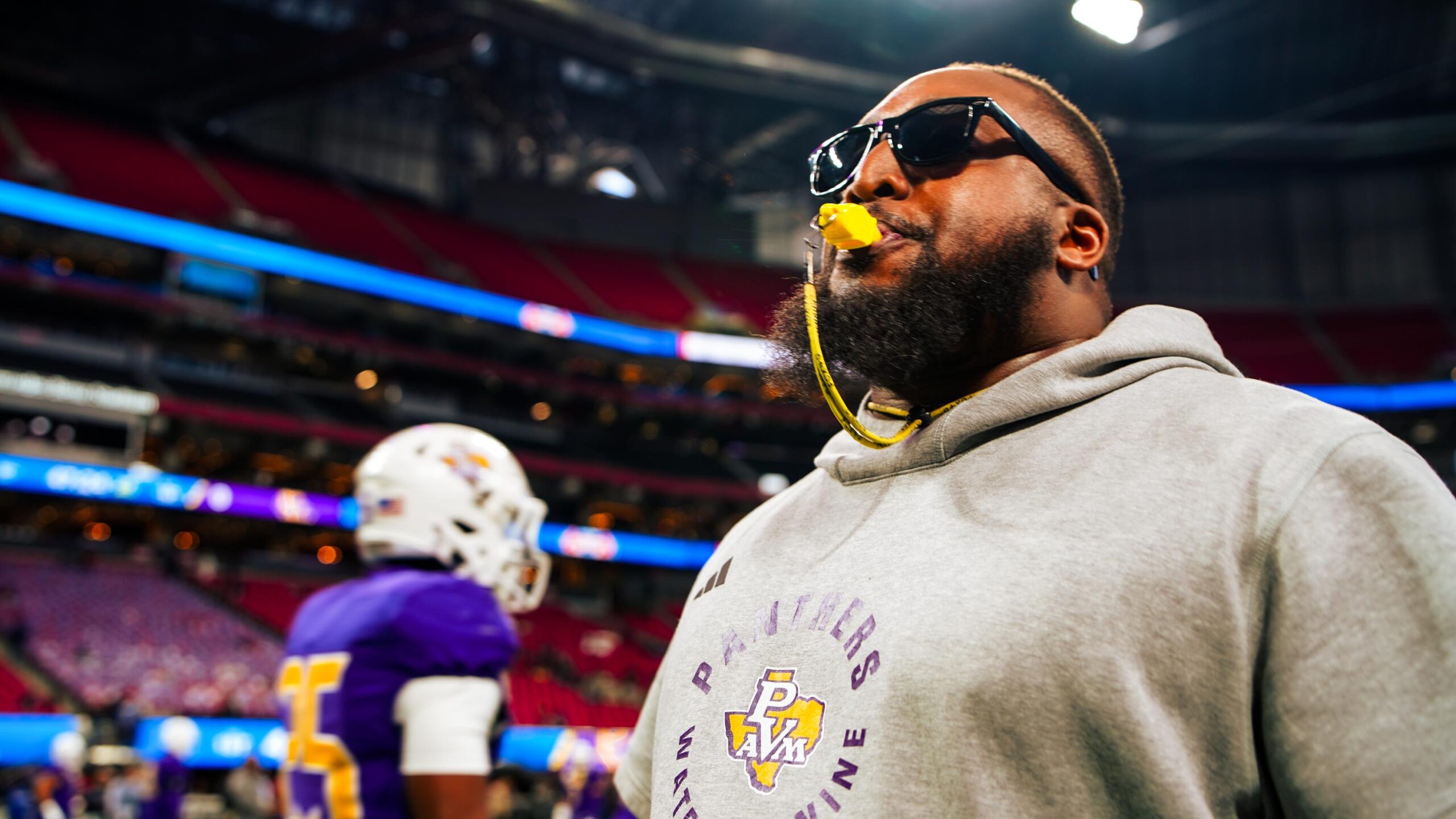



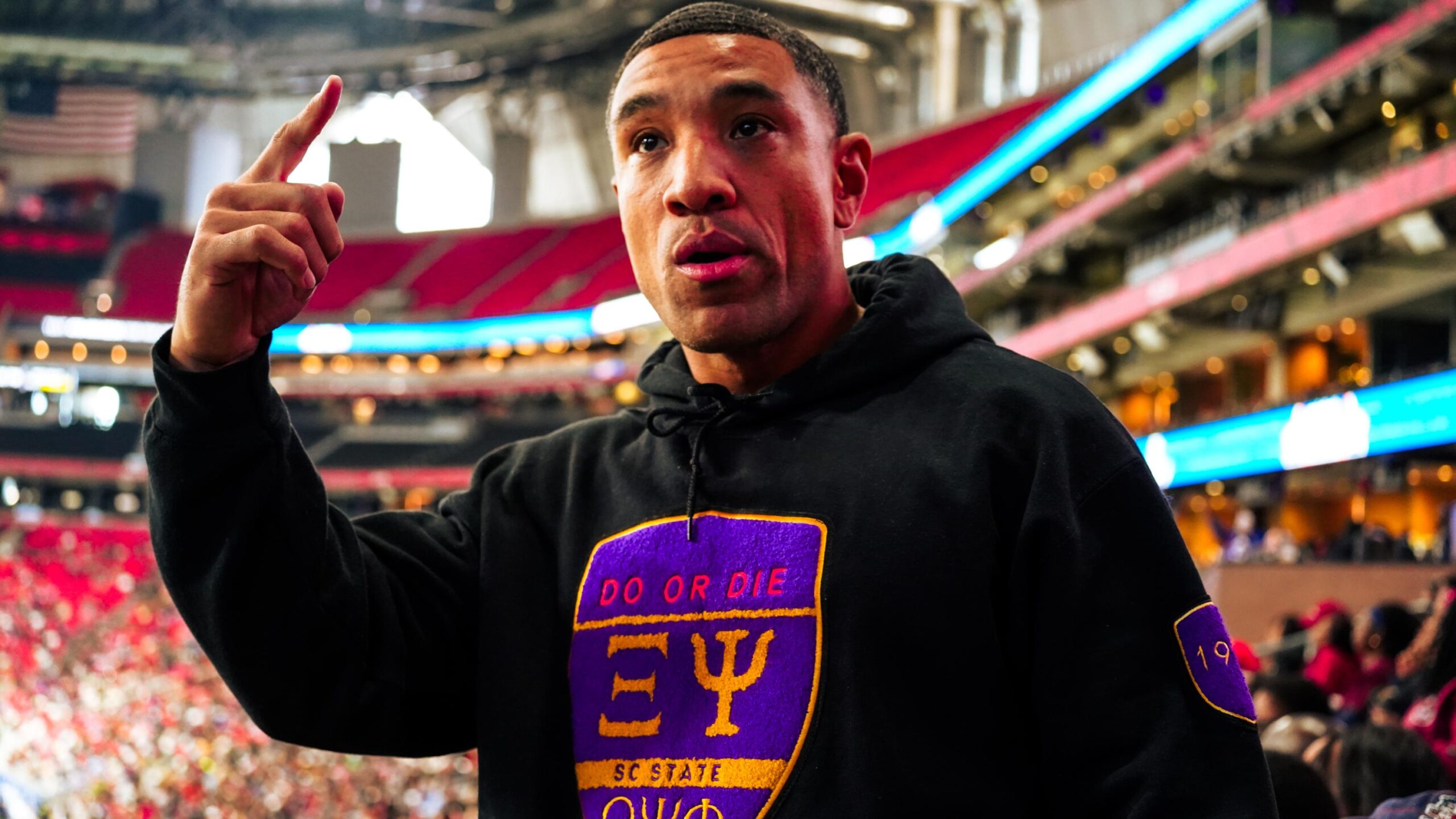


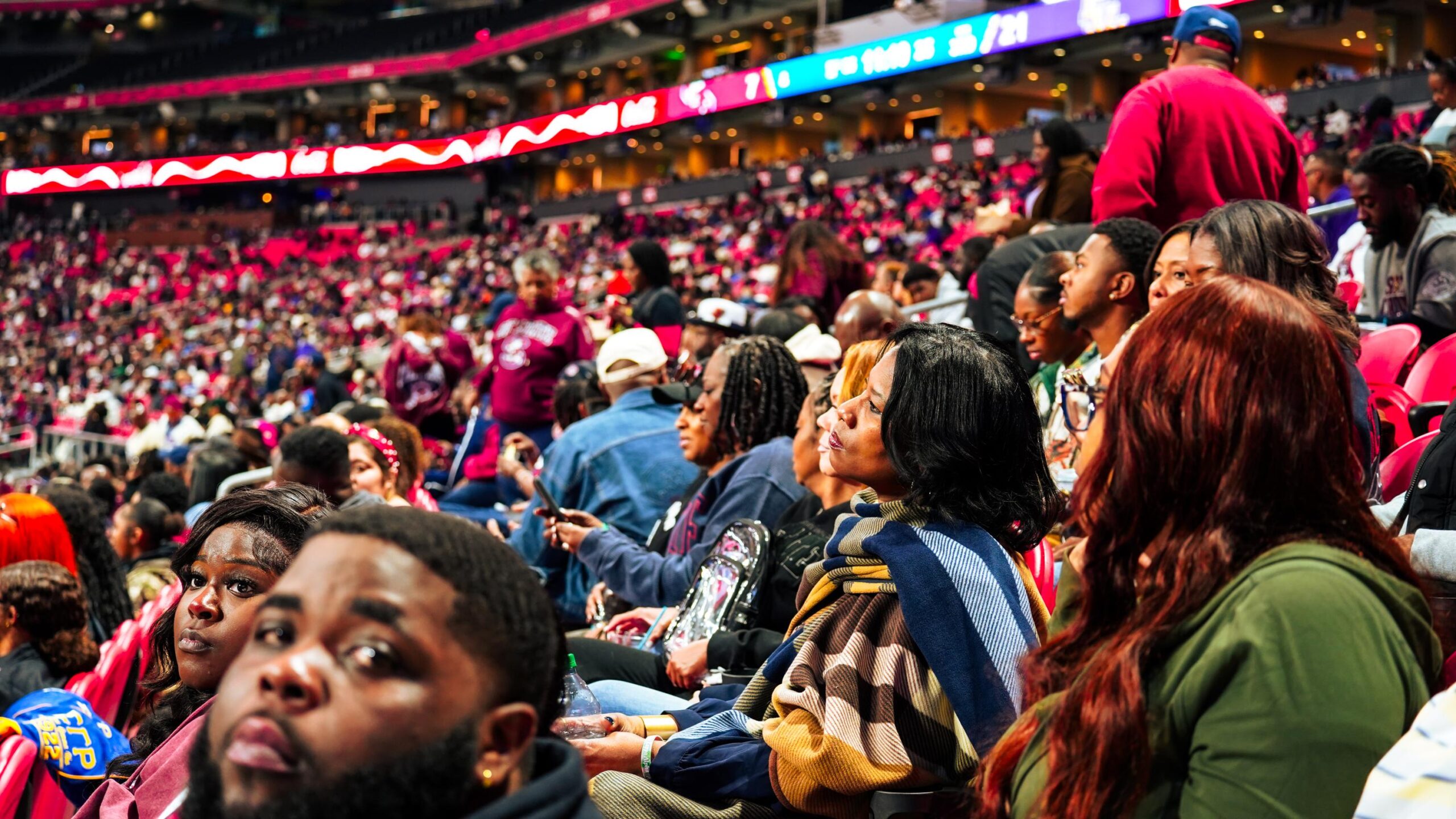
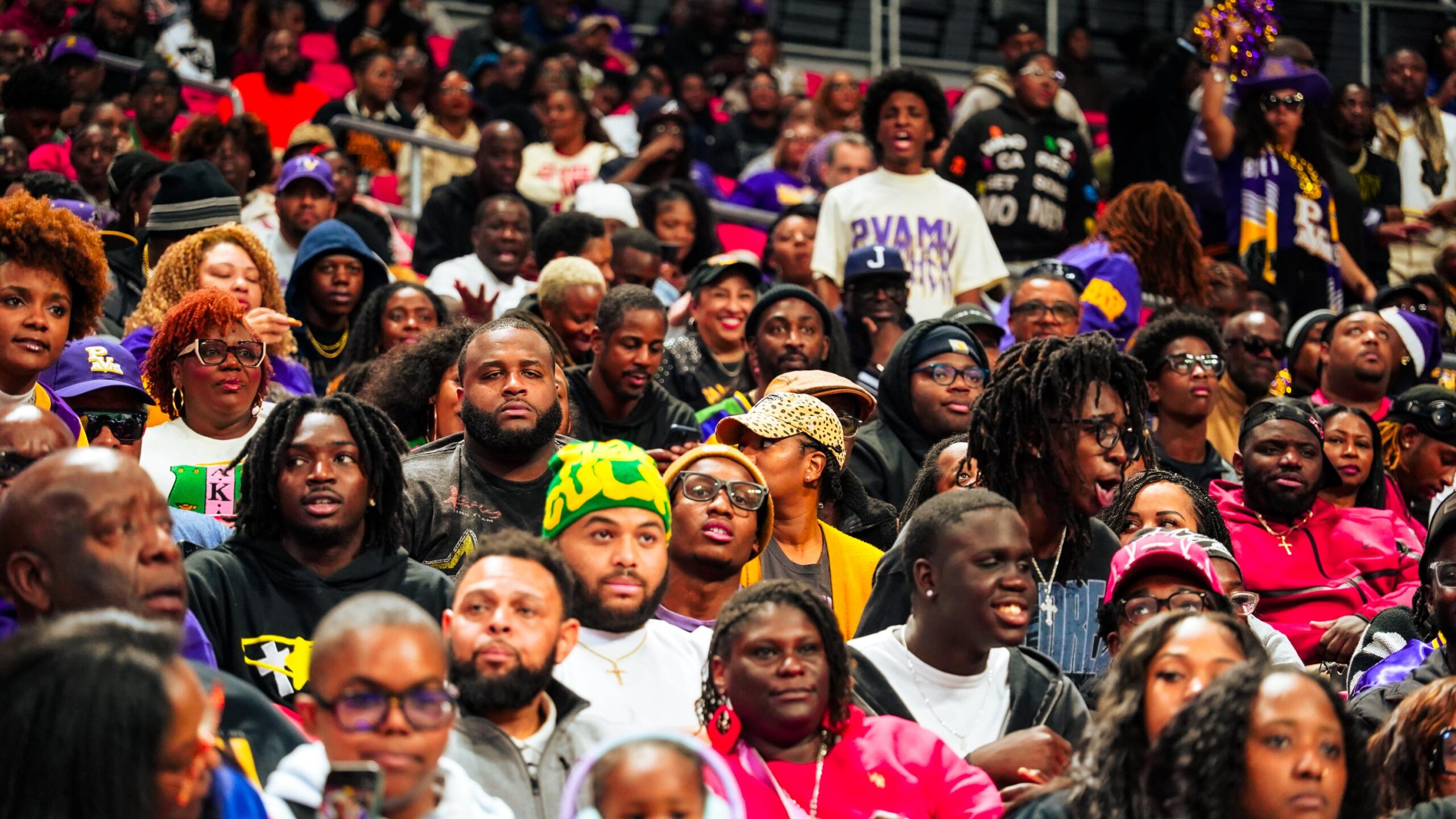


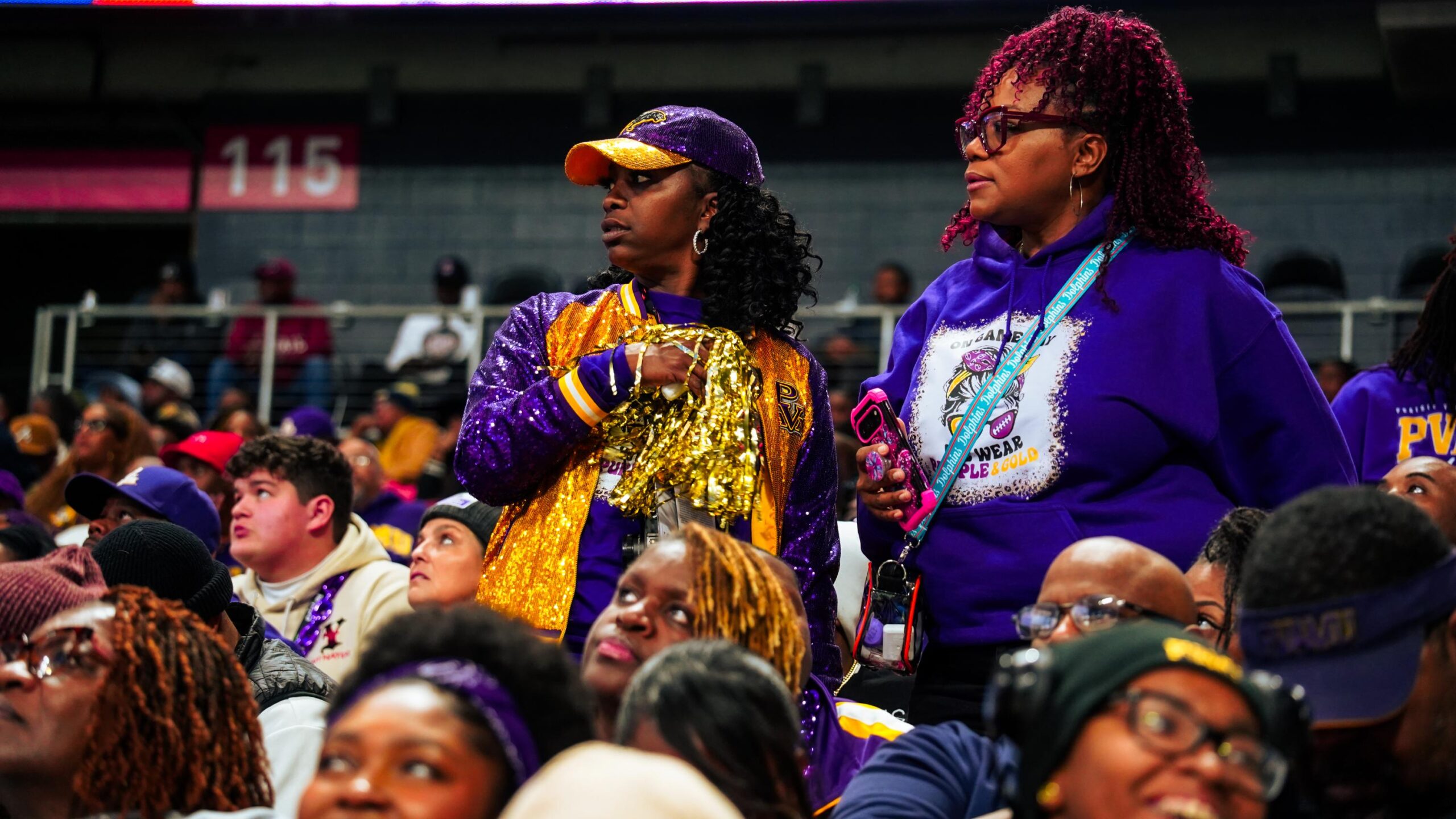



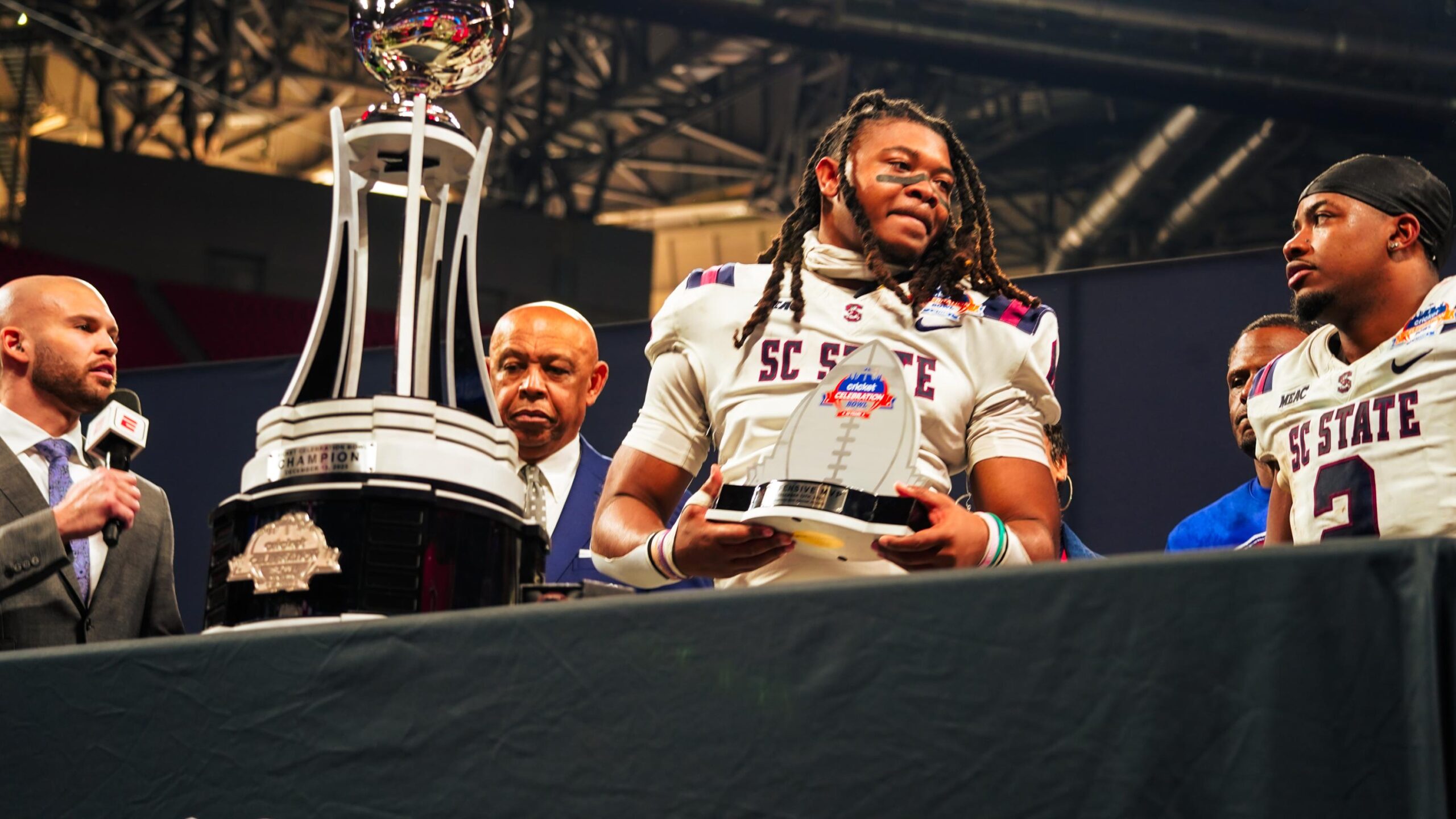

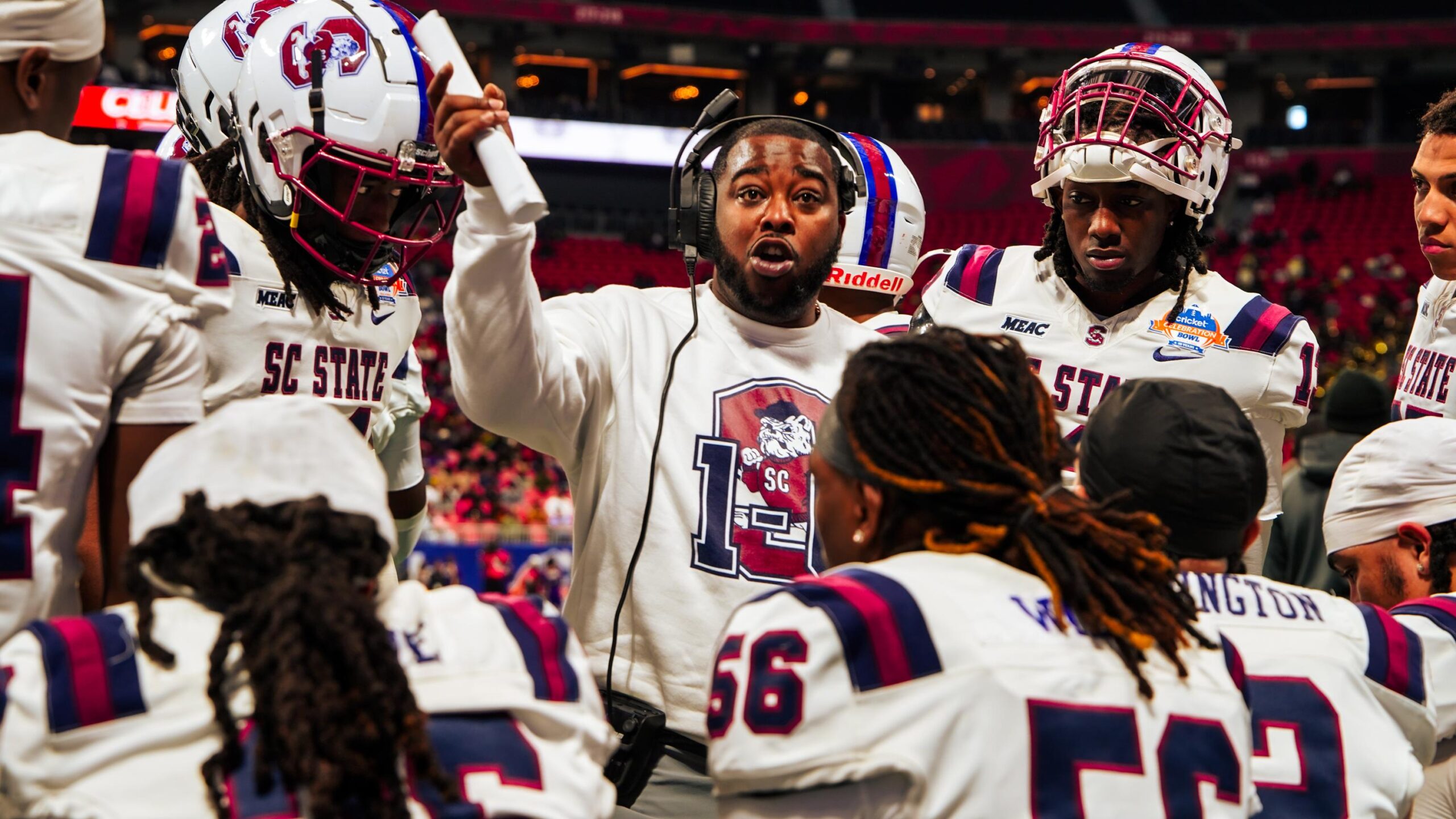

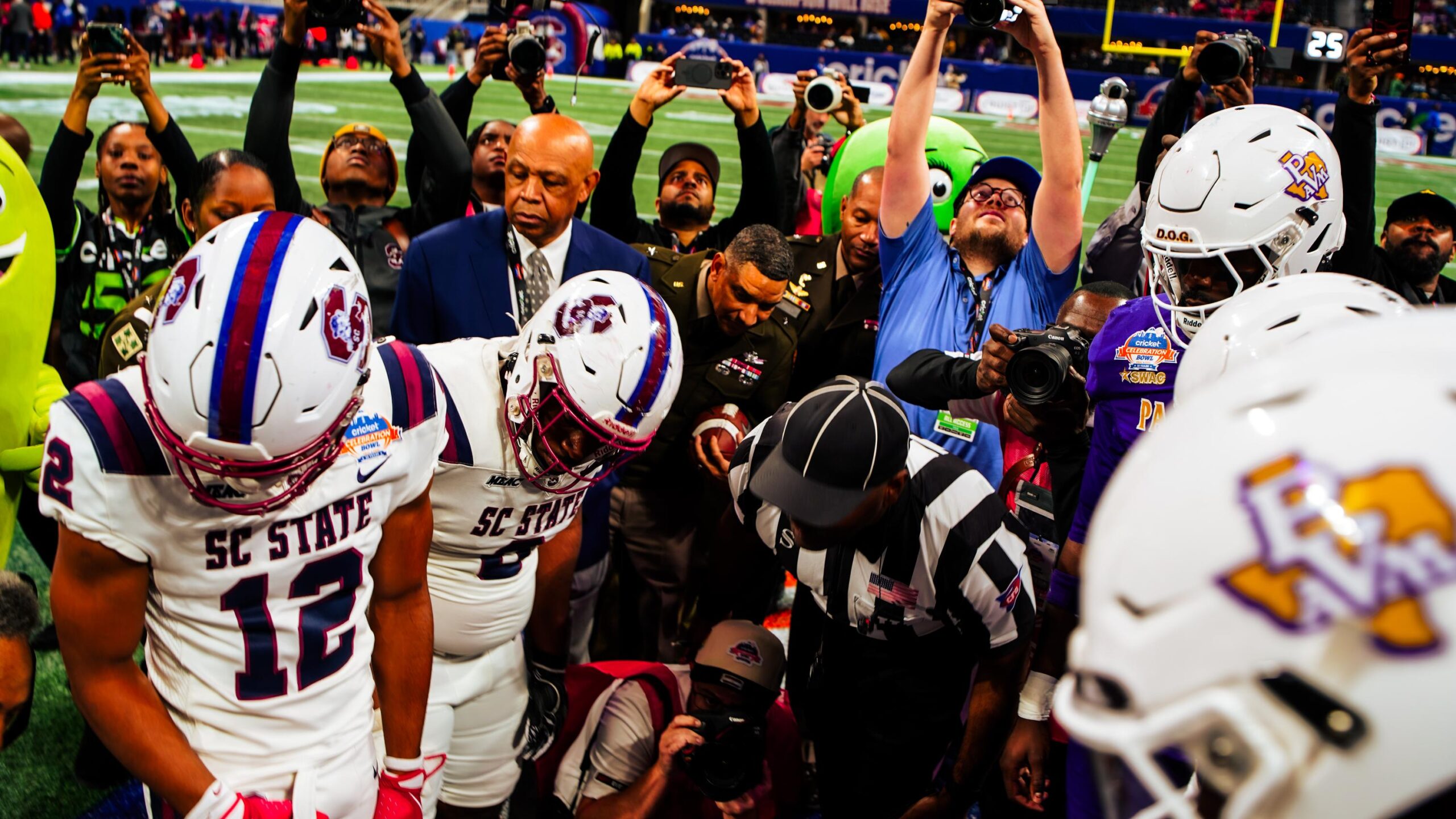

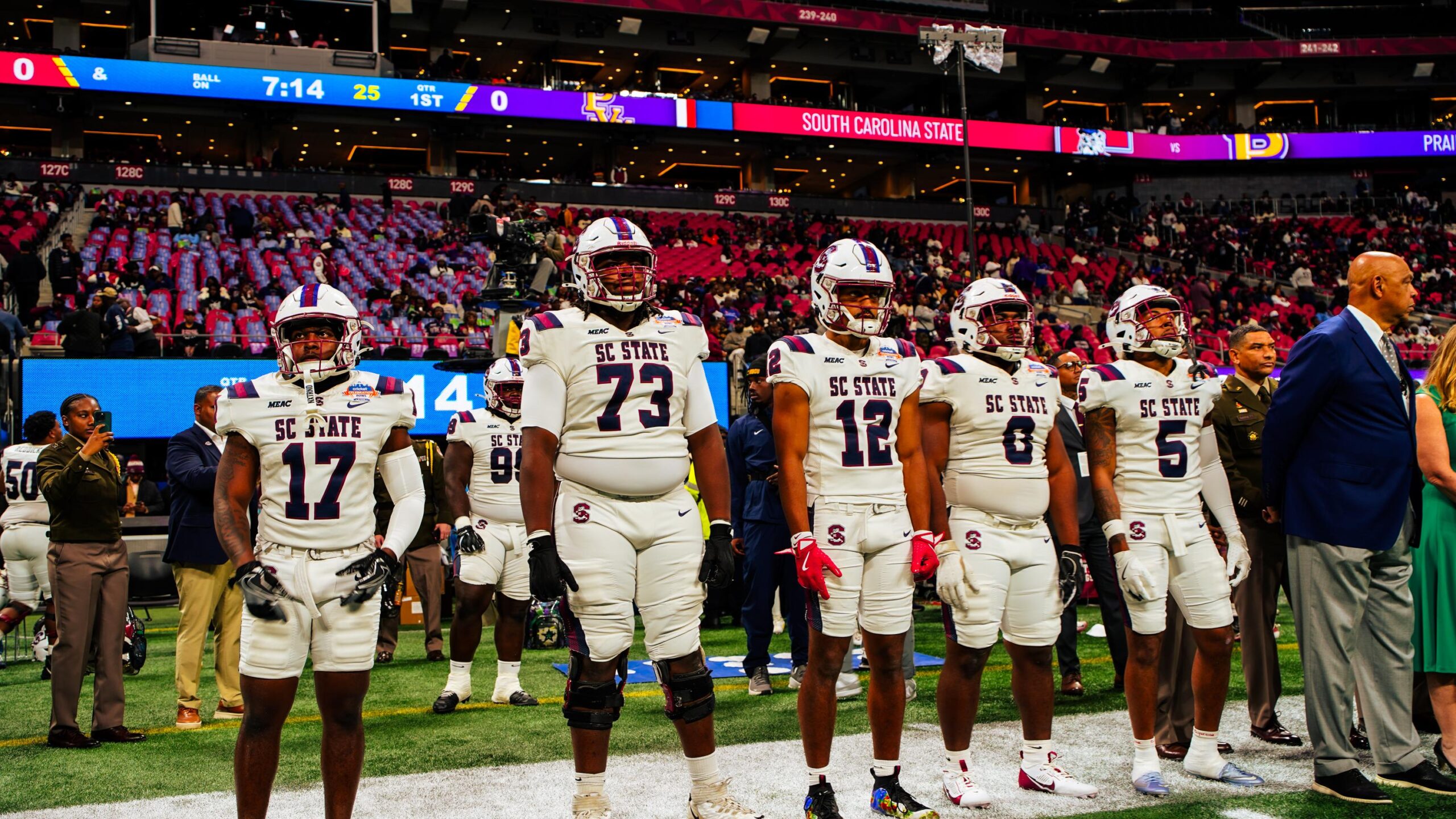

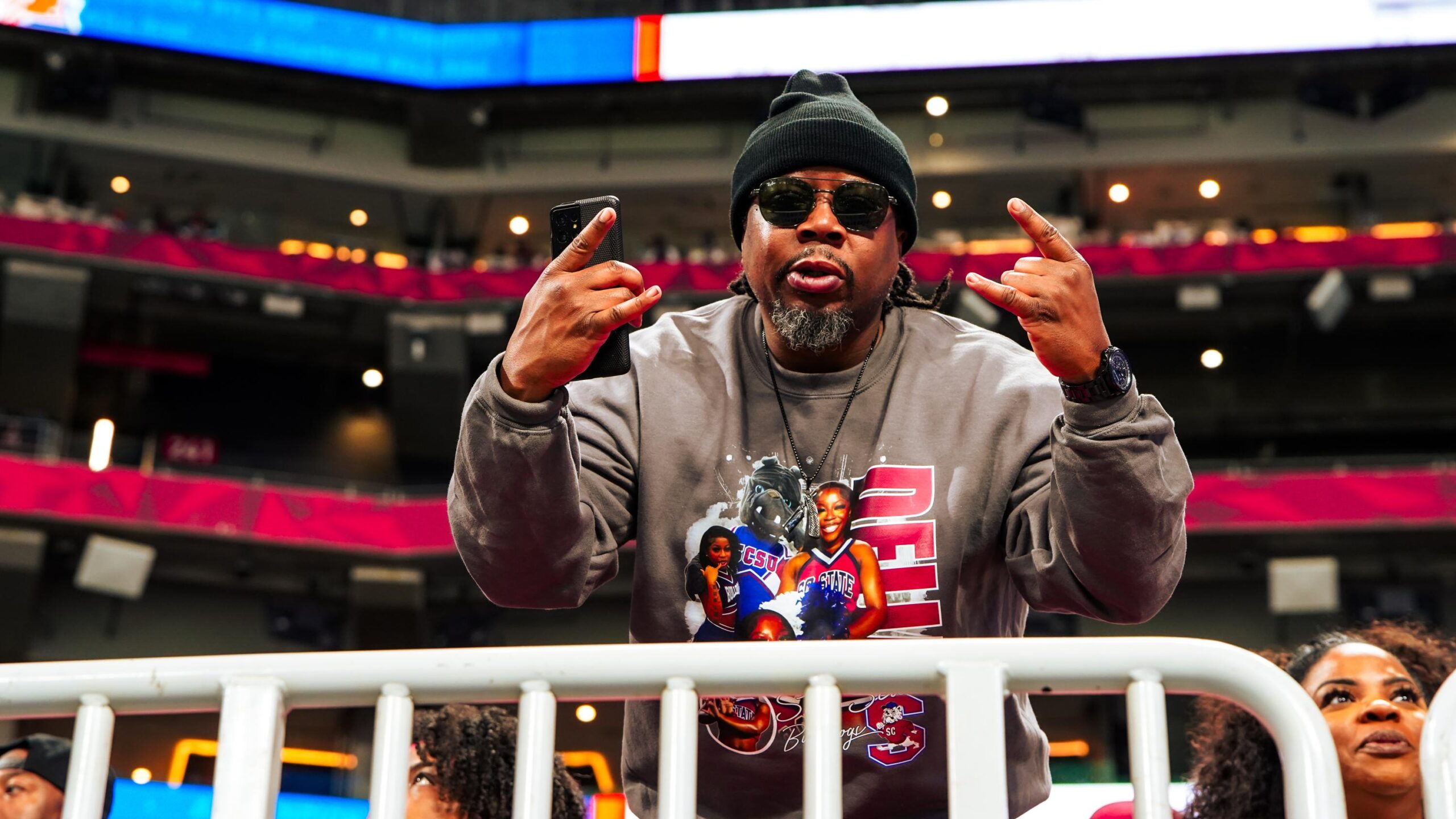
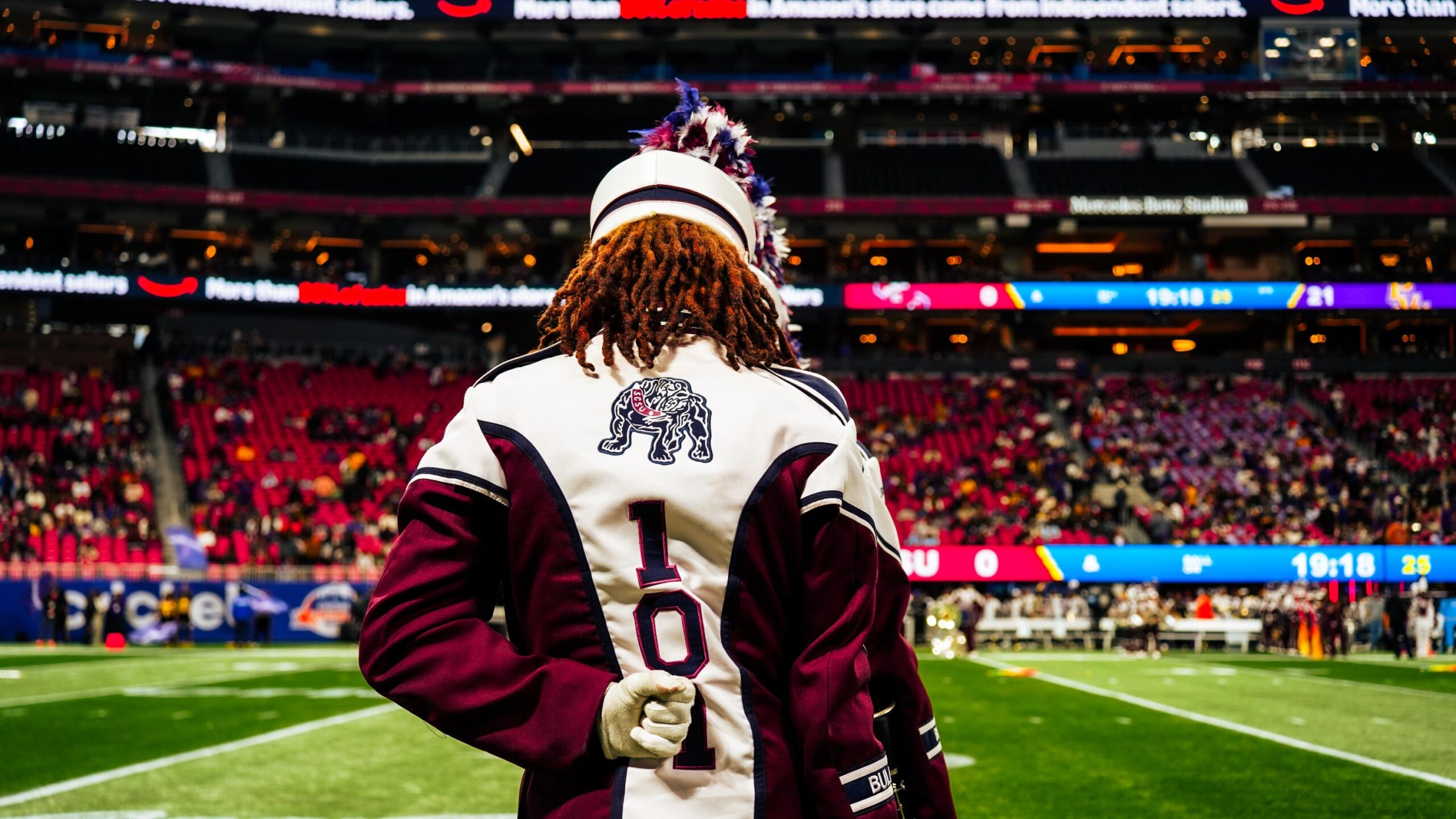
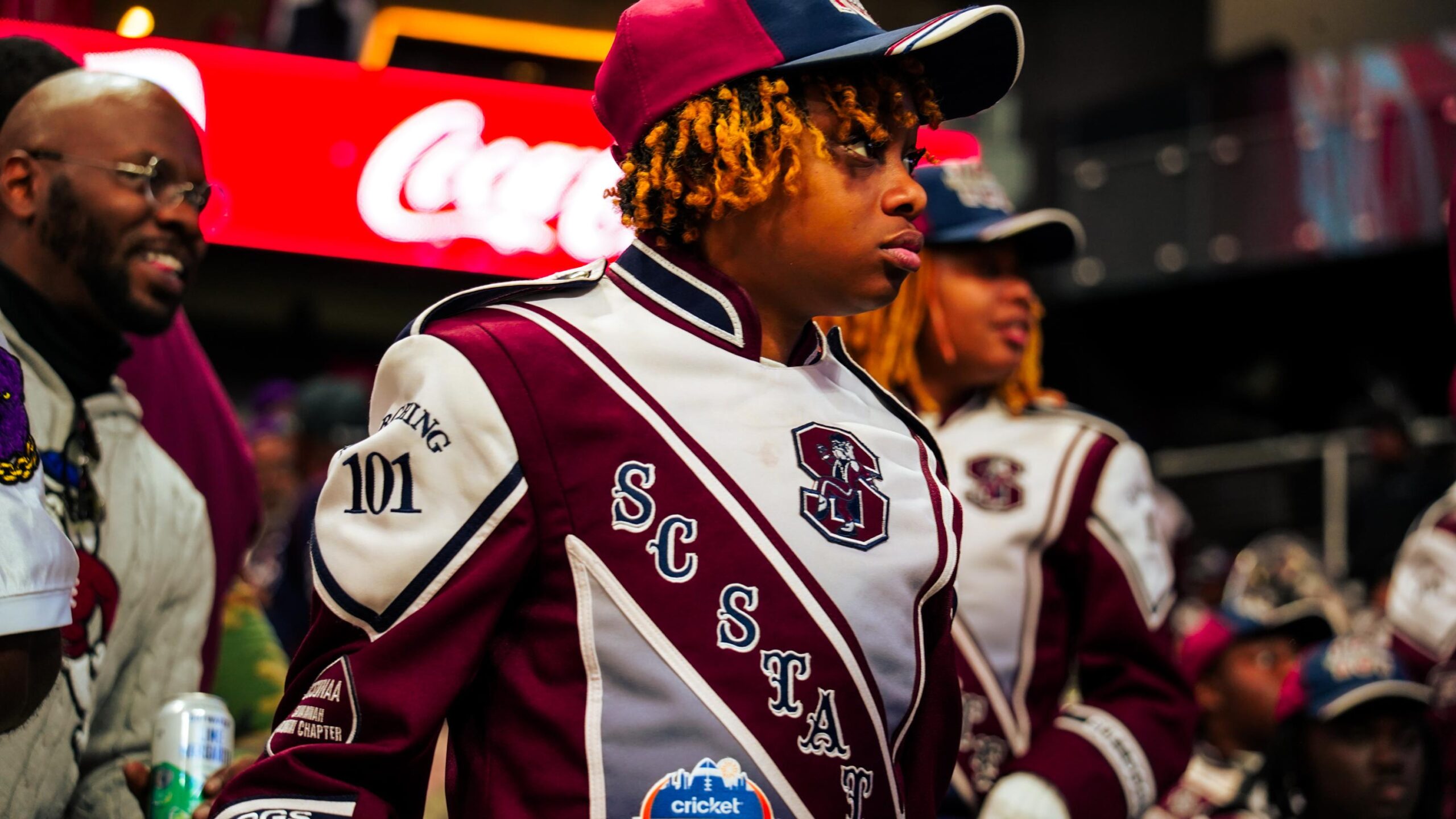


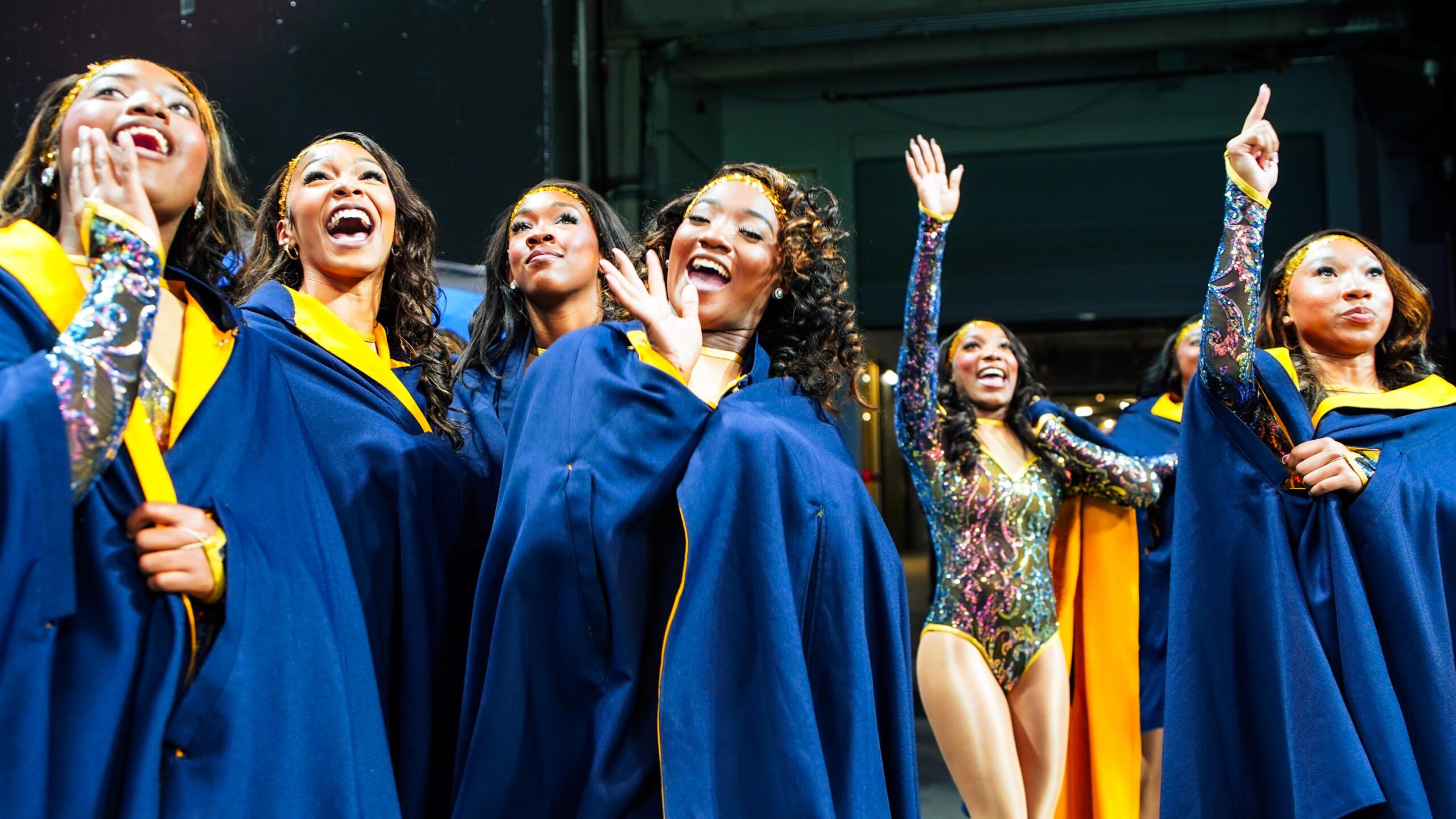
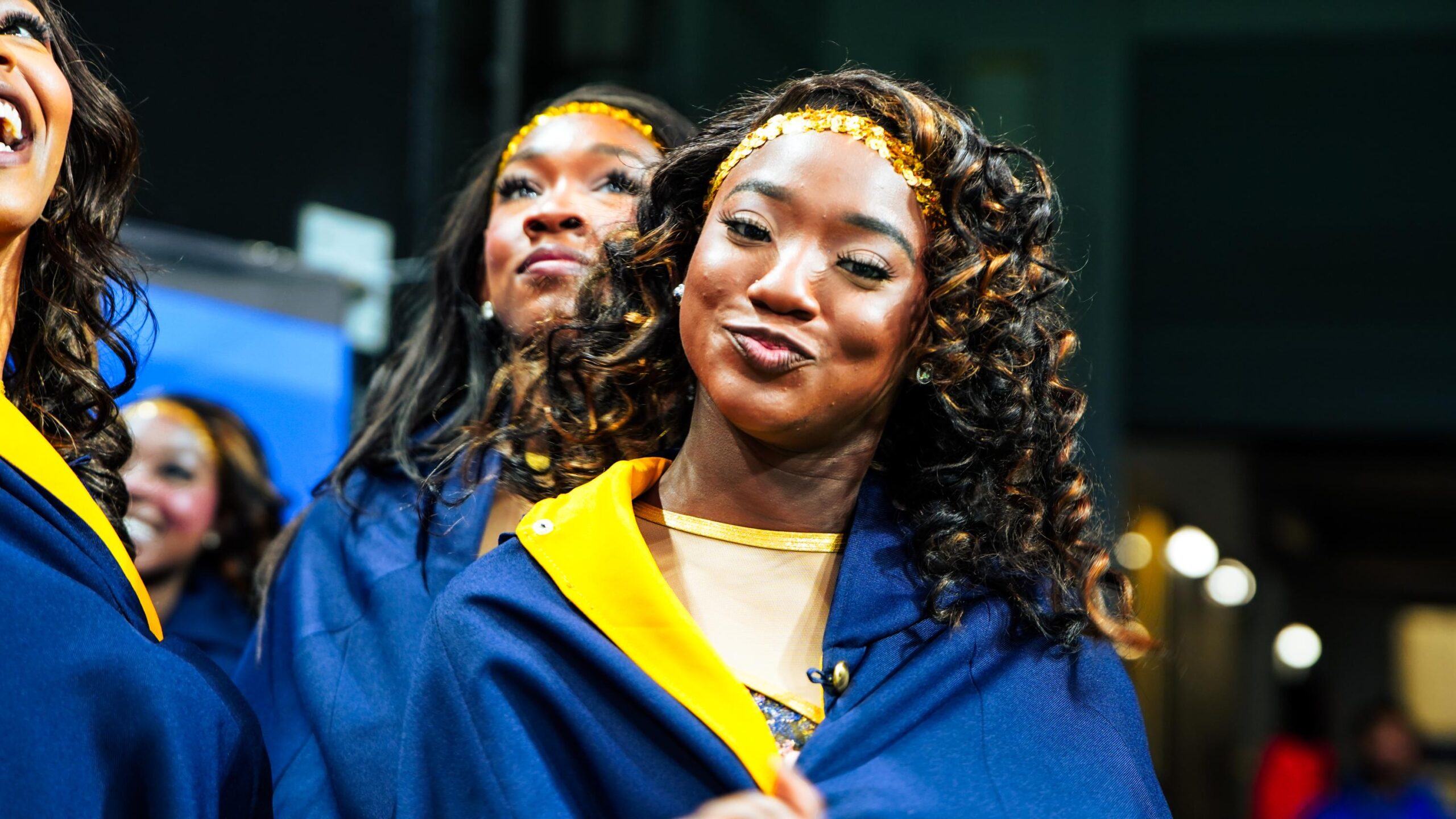
-

 HBCU ORIGINAL2 months ago
HBCU ORIGINAL2 months agoDelaware State Shows Fight in Road Matchup vs Saint Joseph’s
-

 Sports4 weeks ago
Sports4 weeks agoCoppin State Hosts No. 2 South Carolina in Baltimore
-

 HBCU ORIGINAL2 weeks ago
HBCU ORIGINAL2 weeks ago🦁🐺 HBCU Original — Lincoln & Cheyney Deliver Big Performances at Widener Schuylkill Showdown
-
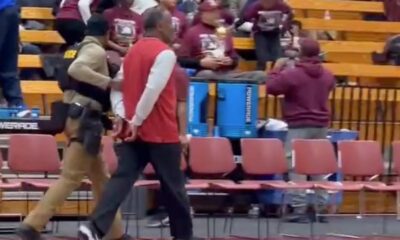
 HBCU ORIGINAL2 weeks ago
HBCU ORIGINAL2 weeks agoTuskegee Coach Benjy Taylor Escorted Off Court in Handcuffs After Postgame Incident
